#spacetimewithstuartgary
Text
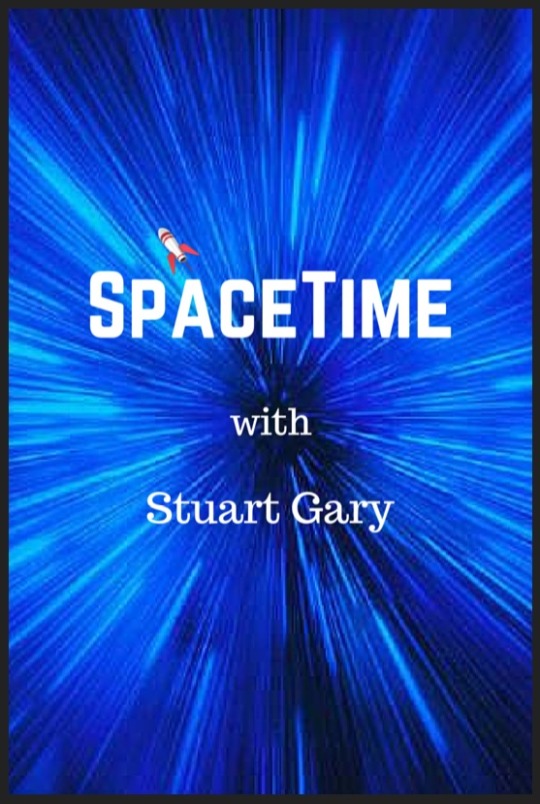
New SpaceTime out Friday....
SpaceTime 20240308 Series 27 Episode 30
Could hypothetical axion stars pinpoint where and what dark matter is.
Astronomers plan on using the expected characteristics of a hypothetical star to improve their understanding of mysterious dark matter.




The story of Martian ground water
New models show little groundwater recharge in ancient Mars aquifer
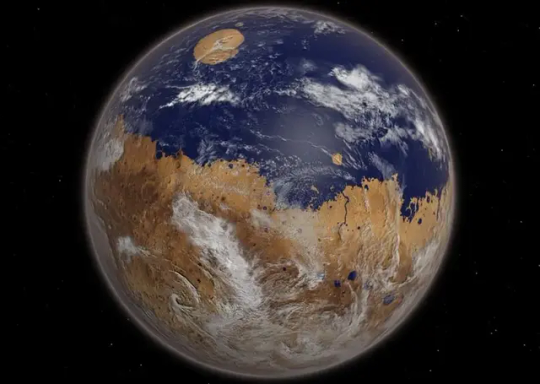


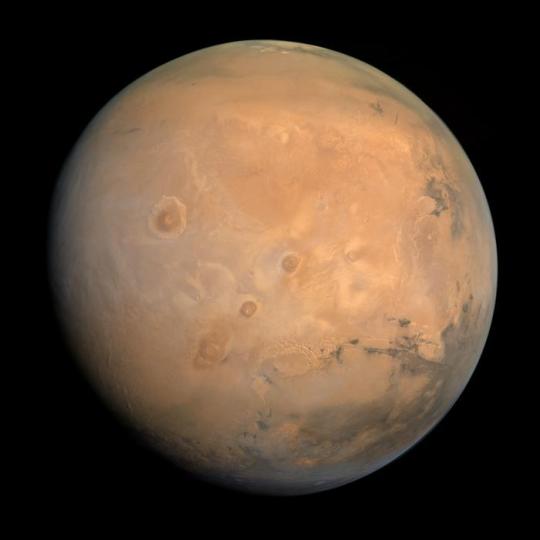
Is frying food possible in space?
The food we eat determines how we feel, and nothing beats a good fry-up, although in moderation of course.

March Skywatch
The March equinox, the constellations Taurus, Leo, Corvus, and Eridanus, and don’t forget Pi day are among the highlights in the night skies on March Skywatch.

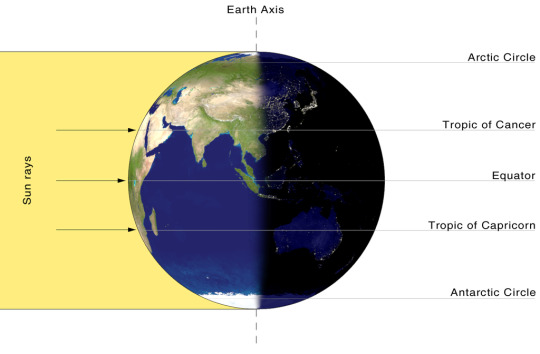
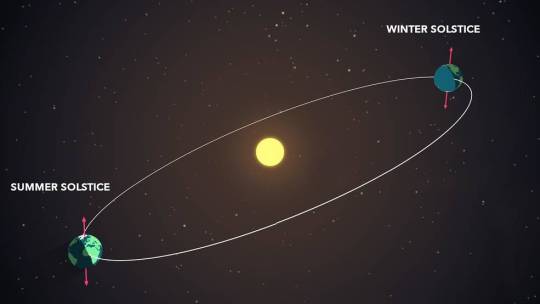

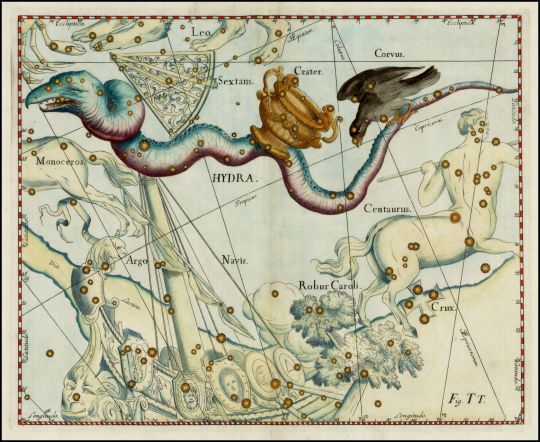
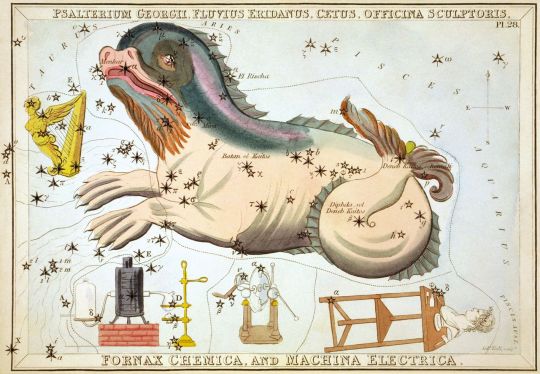


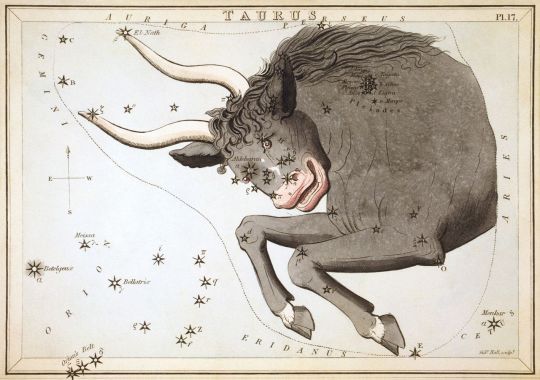
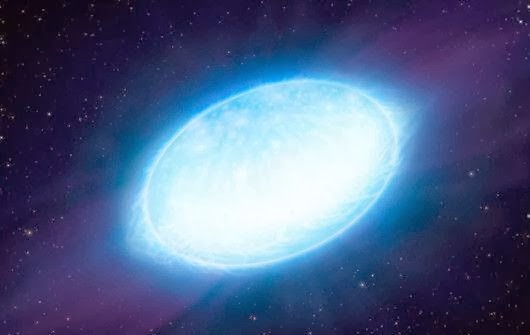



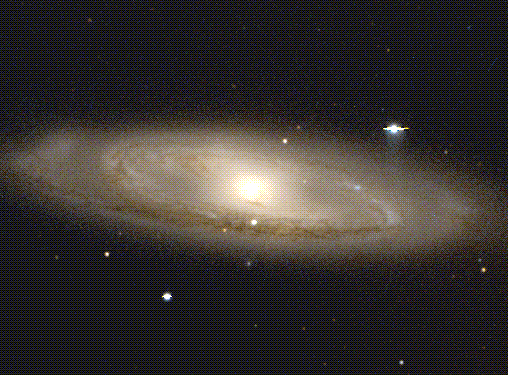
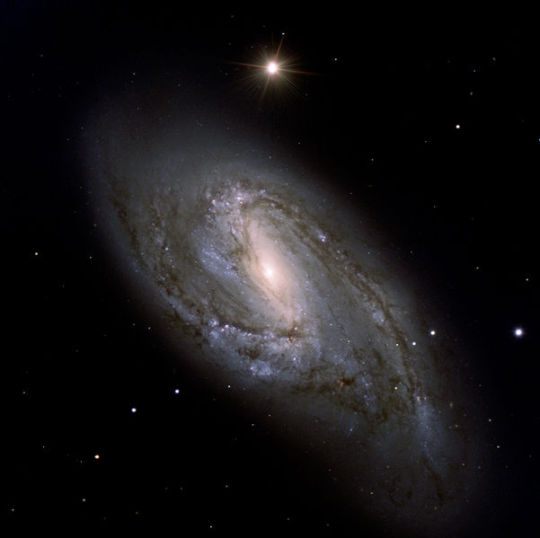

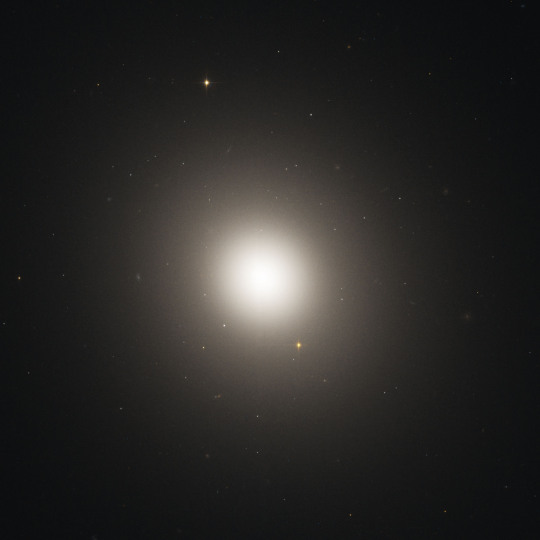
SpaceTime covers the latest news in astronomy & space sciences.
The show is available every Monday, Wednesday and Friday through Apple Podcasts (itunes), Stitcher, Google Podcast, Pocketcasts, SoundCloud, Bitez.com, YouTube, your favourite podcast download provider, and from www.spacetimewithstuartgary.com
SpaceTime is also broadcast through the National Science Foundation on Science Zone Radio and on both i-heart Radio and Tune-In Radio.
SpaceTime daily news blog: http://spacetimewithstuartgary.tumblr.com/
SpaceTime facebook: www.facebook.com/spacetimewithstuartgary
SpaceTime Instagram @spacetimewithstuartgary
SpaceTime twitter feed @stuartgary
SpaceTime YouTube: @SpaceTimewithStuartGary
SpaceTime -- A brief history
SpaceTime is Australia’s most popular and respected astronomy and space science news program – averaging over two million downloads every year. We’re also number five in the United States. The show reports on the latest stories and discoveries making news in astronomy, space flight, and science. SpaceTime features weekly interviews with leading Australian scientists about their research. The show began life in 1995 as ‘StarStuff’ on the Australian Broadcasting Corporation’s (ABC) NewsRadio network. Award winning investigative reporter Stuart Gary created the program during more than fifteen years as NewsRadio’s evening anchor and Science Editor. Gary’s always loved science. He studied astronomy at university and was invited to undertake a PHD in astrophysics, but instead focused on his career in journalism and radio broadcasting. He worked as an announcer and music DJ in commercial radio, before becoming a journalist and eventually joining ABC News and Current Affairs. Later, Gary became part of the team that set up ABC NewsRadio and was one of its first presenters. When asked to put his science background to use, Gary developed StarStuff which he wrote, produced and hosted, consistently achieving 9 per cent of the national Australian radio audience based on the ABC’s Nielsen ratings survey figures for the five major Australian metro markets: Sydney, Melbourne, Brisbane, Adelaide, and Perth. The StarStuff podcast was published on line by ABC Science -- achieving over 1.3 million downloads annually. However, after some 20 years, the show finally wrapped up in December 2015 following ABC funding cuts, and a redirection of available finances to increase sports and horse racing coverage. Rather than continue with the ABC, Gary resigned so that he could keep the show going independently. StarStuff was rebranded as “SpaceTime”, with the first episode being broadcast in February 2016. Over the years, SpaceTime has grown, more than doubling its former ABC audience numbers and expanding to include new segments such as the Science Report -- which provides a wrap of general science news, weekly skeptical science features, special reports looking at the latest computer and technology news, and Skywatch – which provides a monthly guide to the night skies. The show is published three times weekly (every Monday, Wednesday and Friday) and available from the United States National Science Foundation on Science Zone Radio, and through both i-heart Radio and Tune-In Radio.
#science#space#astronomy#physics#news#nasa#esa#astrophysics#spacetimewithstuartgary#starstuff#spacetime
21 notes
·
View notes
Text

New SpaceTime out Wednesday....
SpaceTime 20240417 Series 27 Episode 47
Brown dwarfs are more star like than thought
A new study suggests that brown dwarfs are created through the same processes as stars and not like planets.
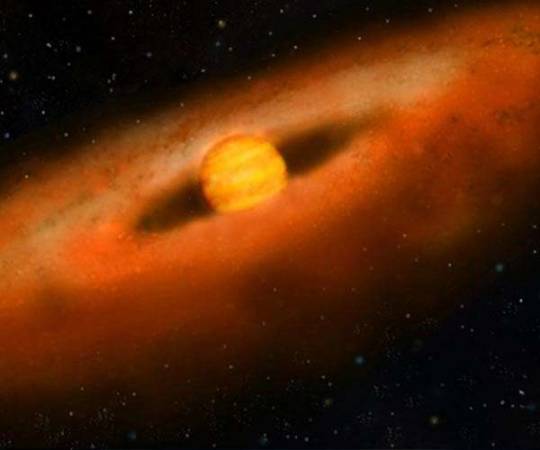

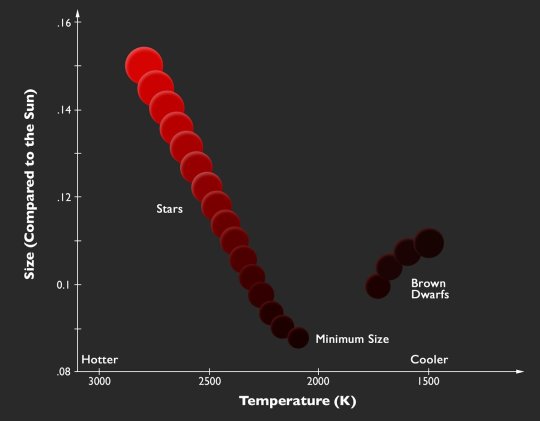

Astronomers expecting a nova event before the end of the year
Astronomers are expecting a distant star to explode in a spectacular event called a nova sometime between now and September.


The extreme starburst in galaxy M82
Astronomers have discovered that the starburst galaxy Messier 82 is manufacturing new stars some ten times faster than the Milky Way.
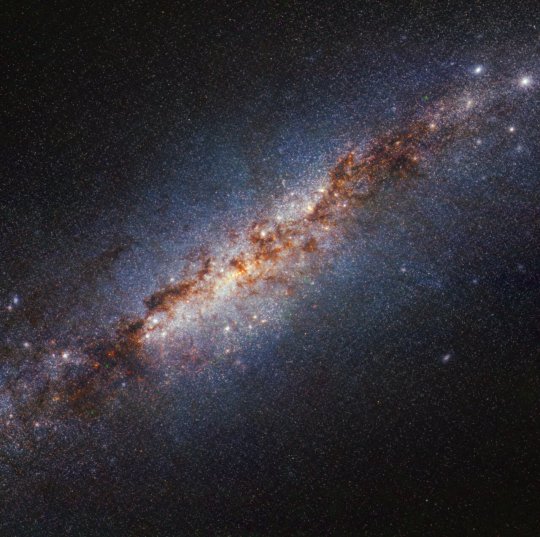
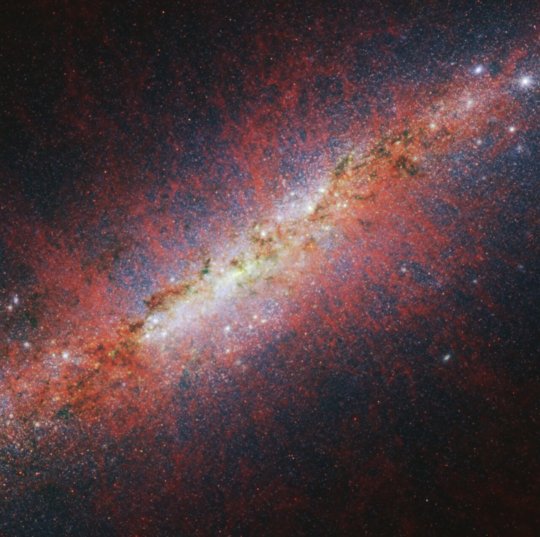

The Science Report
Study says Homosexual behaviour may have evolved because it plays a role in social bonding.
40% of the world's coastlines saw significant increase in heatwaves and extreme sea level rise.
TV, computer, and video game use by teens linked to psychotic experiences.
Alex on Tech Samsung’s new mega TV with a mega price to match.
SpaceTime covers the latest news in astronomy & space sciences.
The show is available every Monday, Wednesday and Friday through Apple Podcasts (itunes), Stitcher, Google Podcast, Pocketcasts, SoundCloud, Bitez.com, YouTube, your favourite podcast download provider, and from www.spacetimewithstuartgary.com
SpaceTime is also broadcast through the National Science Foundation on Science Zone Radio and on both i-heart Radio and Tune-In Radio.
SpaceTime daily news blog: http://spacetimewithstuartgary.tumblr.com/
SpaceTime facebook: www.facebook.com/spacetimewithstuartgary
SpaceTime Instagram @spacetimewithstuartgary
SpaceTime twitter feed @stuartgary
SpaceTime YouTube: @SpaceTimewithStuartGary
SpaceTime -- A brief history
SpaceTime is Australia’s most popular and respected astronomy and space science news program – averaging over two million downloads every year. We’re also number five in the United States. The show reports on the latest stories and discoveries making news in astronomy, space flight, and science. SpaceTime features weekly interviews with leading Australian scientists about their research. The show began life in 1995 as ‘StarStuff’ on the Australian Broadcasting Corporation’s (ABC) NewsRadio network. Award winning investigative reporter Stuart Gary created the program during more than fifteen years as NewsRadio’s evening anchor and Science Editor. Gary’s always loved science. He studied astronomy at university and was invited to undertake a PHD in astrophysics, but instead focused on his career in journalism and radio broadcasting. He worked as an announcer and music DJ in commercial radio, before becoming a journalist and eventually joining ABC News and Current Affairs. Later, Gary became part of the team that set up ABC NewsRadio and was one of its first presenters. When asked to put his science background to use, Gary developed StarStuff which he wrote, produced and hosted, consistently achieving 9 per cent of the national Australian radio audience based on the ABC’s Nielsen ratings survey figures for the five major Australian metro markets: Sydney, Melbourne, Brisbane, Adelaide, and Perth. The StarStuff podcast was published on line by ABC Science -- achieving over 1.3 million downloads annually. However, after some 20 years, the show finally wrapped up in December 2015 following ABC funding cuts, and a redirection of available finances to increase sports and horse racing coverage. Rather than continue with the ABC, Gary resigned so that he could keep the show going independently. StarStuff was rebranded as “SpaceTime”, with the first episode being broadcast in February 2016. Over the years, SpaceTime has grown, more than doubling its former ABC audience numbers and expanding to include new segments such as the Science Report -- which provides a wrap of general science news, weekly skeptical science features, special reports looking at the latest computer and technology news, and Skywatch – which provides a monthly guide to the night skies. The show is published three times weekly (every Monday, Wednesday and Friday) and available from the United States National Science Foundation on Science Zone Radio, and through both i-heart Radio and Tune-In Radio.
#science#space#astronomy#physics#news#nasa#esa#astrophysics#spacetimewithstuartgary#starstuff#spacetime#nasa photos#jwst
19 notes
·
View notes
Text
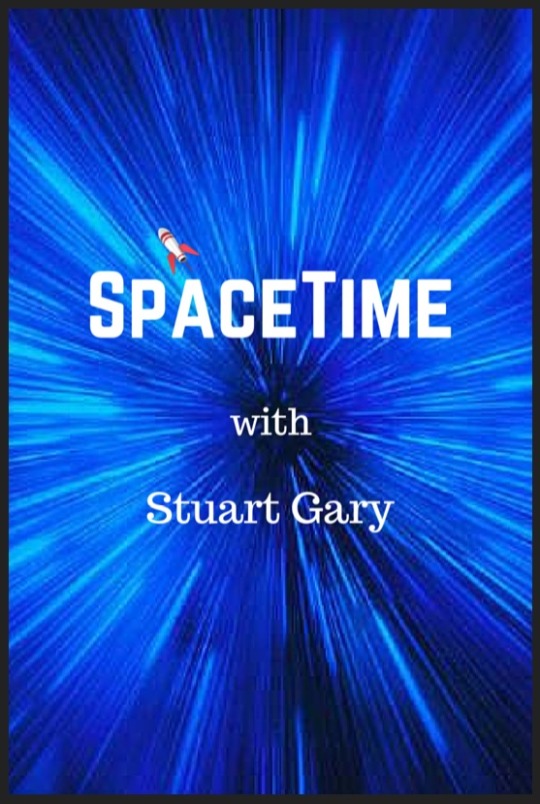
New SpaceTime out Friday....
SpaceTime 20240223 Series 27 Episode 24
The black hole warping spacetime at the centre of the Milky Way
A new study has found that Sagittarius A* the supermassive black hole at the centre of the Milky Way galaxy is spinning so quickly it is warping the spacetime surrounding it into a shape of a rugby football.
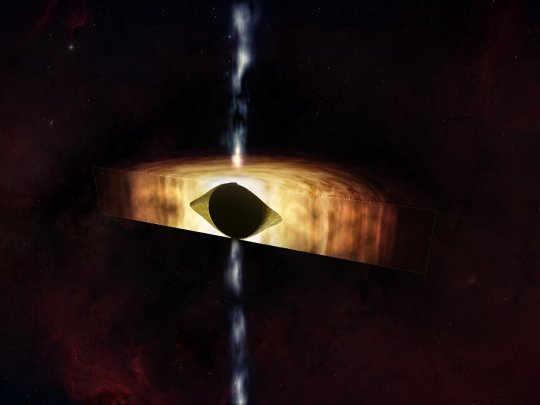
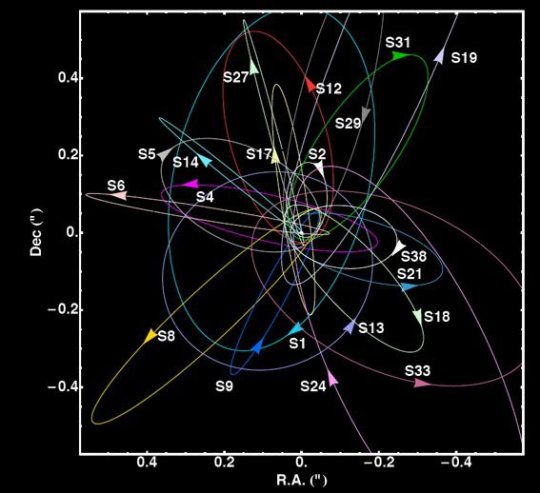

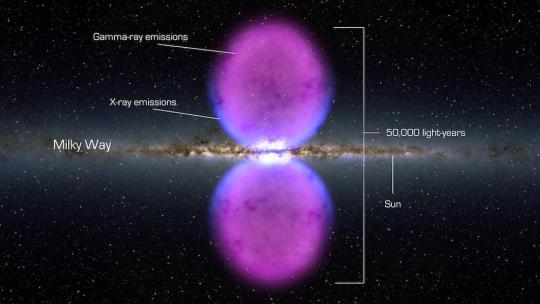
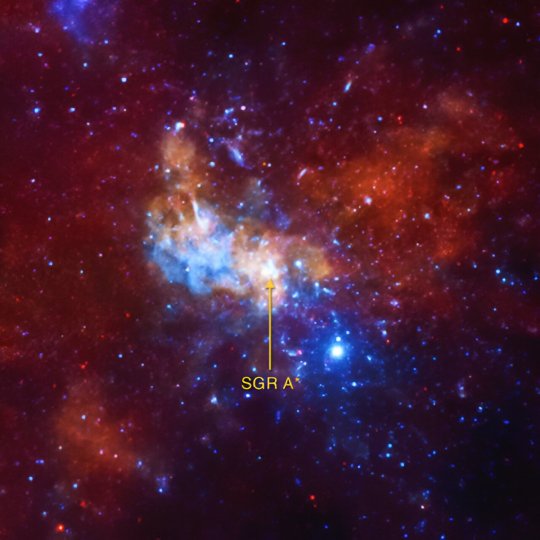

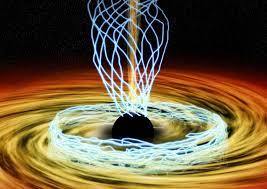
Nuclear fusion reactor sets new world record
Physicists in Britain have smashed the world record for energy output using a nuclear fusion reactor – bringing us a step closer to unlimited clean energy.
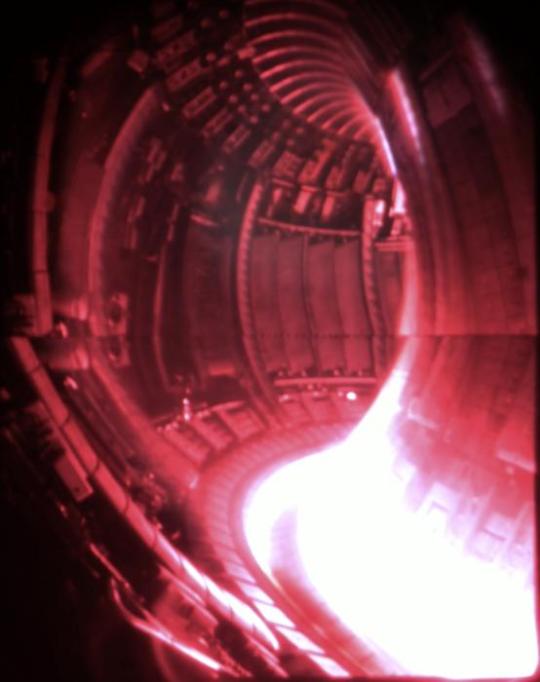





NASA to demonstrate autonomous navigation system on moon
NASA is planning to test a new navigation system that will change how humans, rovers, and spacecraft independently track their precise location on the Moon and in cis-lunar space.

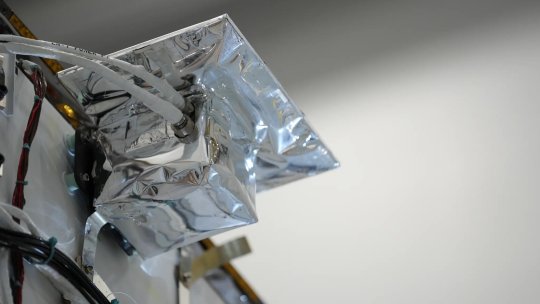
Arnhem Space Centre’s new vehicle assembly buildings
Equatorial Launch Australia has released final designs for its Horizontal vehicle Integration Facility buildings at the Arnhem Space Centre east of Darwin.

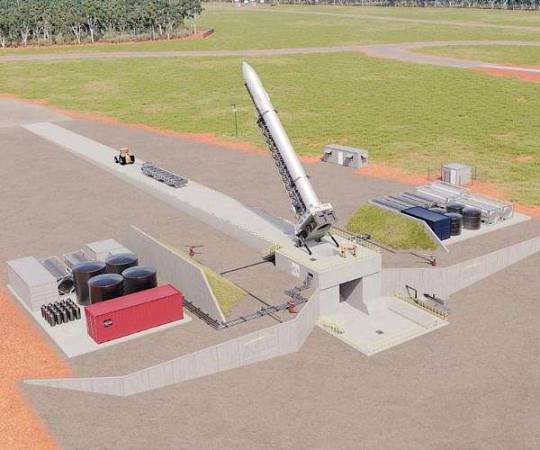
The Science Report
Using stem cell transplants to provide long term remission from HIV/AIDS
Australian birds that live on islands are among the species most at risk of extinction.
All dogs go to heaven, but which ones live the longest?
Skeptics guide to psychic channelling
SpaceTime covers the latest news in astronomy & space sciences.
The show is available every Monday, Wednesday and Friday through Apple Podcasts (itunes), Stitcher, Google Podcast, Pocketcasts, SoundCloud, Bitez.com, YouTube, your favourite podcast download provider, and from www.spacetimewithstuartgary.com
SpaceTime is also broadcast through the National Science Foundation on Science Zone Radio and on both i-heart Radio and Tune-In Radio.
SpaceTime daily news blog: http://spacetimewithstuartgary.tumblr.com/
SpaceTime facebook: www.facebook.com/spacetimewithstuartgary
SpaceTime Instagram @spacetimewithstuartgary
SpaceTime twitter feed @stuartgary
SpaceTime YouTube: @SpaceTimewithStuartGary
SpaceTime -- A brief history
SpaceTime is Australia’s most popular and respected astronomy and space science news program – averaging over two million downloads every year. We’re also number five in the United States. The show reports on the latest stories and discoveries making news in astronomy, space flight, and science. SpaceTime features weekly interviews with leading Australian scientists about their research. The show began life in 1995 as ‘StarStuff’ on the Australian Broadcasting Corporation’s (ABC) NewsRadio network. Award winning investigative reporter Stuart Gary created the program during more than fifteen years as NewsRadio’s evening anchor and Science Editor. Gary’s always loved science. He studied astronomy at university and was invited to undertake a PHD in astrophysics, but instead focused on his career in journalism and radio broadcasting. He worked as an announcer and music DJ in commercial radio, before becoming a journalist and eventually joining ABC News and Current Affairs. Later, Gary became part of the team that set up ABC NewsRadio and was one of its first presenters. When asked to put his science background to use, Gary developed StarStuff which he wrote, produced and hosted, consistently achieving 9 per cent of the national Australian radio audience based on the ABC’s Nielsen ratings survey figures for the five major Australian metro markets: Sydney, Melbourne, Brisbane, Adelaide, and Perth. The StarStuff podcast was published on line by ABC Science -- achieving over 1.3 million downloads annually. However, after some 20 years, the show finally wrapped up in December 2015 following ABC funding cuts, and a redirection of available finances to increase sports and horse racing coverage. Rather than continue with the ABC, Gary resigned so that he could keep the show going independently. StarStuff was rebranded as “SpaceTime”, with the first episode being broadcast in February 2016. Over the years, SpaceTime has grown, more than doubling its former ABC audience numbers and expanding to include new segments such as the Science Report -- which provides a wrap of general science news, weekly skeptical science features, special reports looking at the latest computer and technology news, and Skywatch – which provides a monthly guide to the night skies. The show is published three times weekly (every Monday, Wednesday and Friday) and available from the United States National Science Foundation on Science Zone Radio, and through both i-heart Radio and Tune-In Radio.
#science#space#astronomy#physics#news#nasa#esa#astrophysics#spacetimewithstuartgary#starstuff#spacetime
21 notes
·
View notes
Text

New SpaceTime out Monday....
SpaceTime 20240422 Series 27 Episode 49
Discovery of the most massive stellar black hole in our galaxy
Astronomers have identified the most massive stellar black hole yet discovered in the Milky Way galaxy.


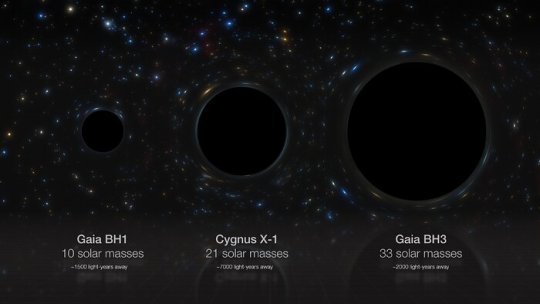

Rewriting the evolution of white dwarf stars
Astronomers have discovered a small population of white dwarf stars that have mysteriously stopped cooling.
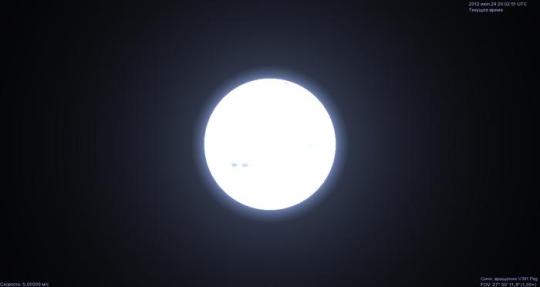

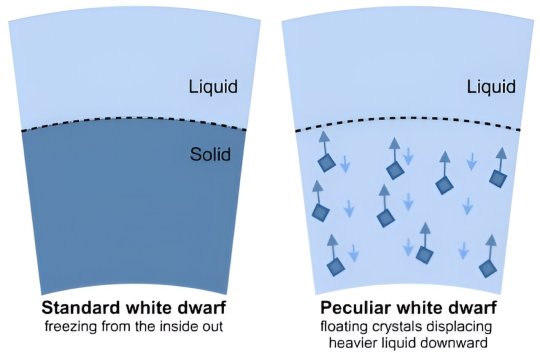
Development of a new bigger Cygnus Cargo ship
Engineers are developing a new updated version of the Cygnus Cargo ship for future supply missions to the International Space Station.
The Science Report
The Bureau of Meteorology has declared the El Niño weather event of 2023-24 has finally ended.
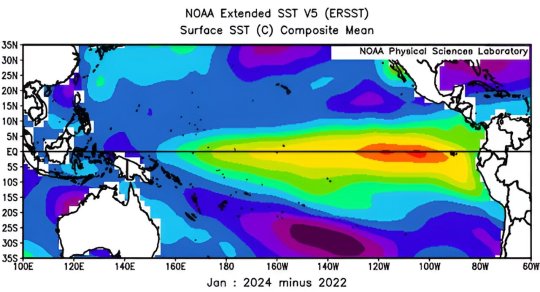

Claims drinking more than a glass of sweetened drinks daily linked to chronic kidney disease.
Scientists discover the remains of what could be the largest marine reptile ever to live.
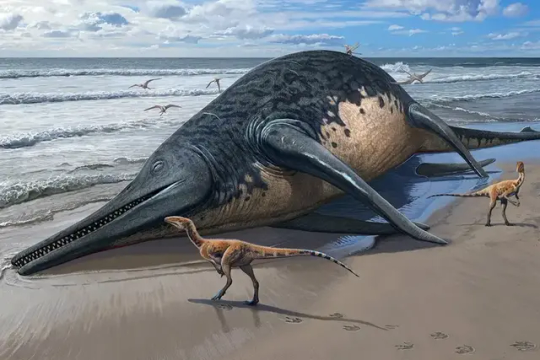
Skeptics guide to Sweden’s paranormal phenomena archive
SpaceTime covers the latest news in astronomy & space sciences.
The show is available every Monday, Wednesday and Friday through Apple Podcasts (itunes), Stitcher, Google Podcast, Pocketcasts, SoundCloud, Bitez.com, YouTube, your favourite podcast download provider, and from www.spacetimewithstuartgary.com
SpaceTime is also broadcast through the National Science Foundation on Science Zone Radio and on both i-heart Radio and Tune-In Radio.
SpaceTime daily news blog: http://spacetimewithstuartgary.tumblr.com/
SpaceTime facebook: www.facebook.com/spacetimewithstuartgary
SpaceTime Instagram @spacetimewithstuartgary
SpaceTime twitter feed @stuartgary
SpaceTime YouTube: @SpaceTimewithStuartGary
SpaceTime -- A brief history
SpaceTime is Australia’s most popular and respected astronomy and space science news program – averaging over two million downloads every year. We’re also number five in the United States. The show reports on the latest stories and discoveries making news in astronomy, space flight, and science. SpaceTime features weekly interviews with leading Australian scientists about their research. The show began life in 1995 as ‘StarStuff’ on the Australian Broadcasting Corporation’s (ABC) NewsRadio network. Award winning investigative reporter Stuart Gary created the program during more than fifteen years as NewsRadio’s evening anchor and Science Editor. Gary’s always loved science. He studied astronomy at university and was invited to undertake a PHD in astrophysics, but instead focused on his career in journalism and radio broadcasting. He worked as an announcer and music DJ in commercial radio, before becoming a journalist and eventually joining ABC News and Current Affairs. Later, Gary became part of the team that set up ABC NewsRadio and was one of its first presenters. When asked to put his science background to use, Gary developed StarStuff which he wrote, produced and hosted, consistently achieving 9 per cent of the national Australian radio audience based on the ABC’s Nielsen ratings survey figures for the five major Australian metro markets: Sydney, Melbourne, Brisbane, Adelaide, and Perth. The StarStuff podcast was published on line by ABC Science -- achieving over 1.3 million downloads annually. However, after some 20 years, the show finally wrapped up in December 2015 following ABC funding cuts, and a redirection of available finances to increase sports and horse racing coverage. Rather than continue with the ABC, Gary resigned so that he could keep the show going independently. StarStuff was rebranded as “SpaceTime”, with the first episode being broadcast in February 2016. Over the years, SpaceTime has grown, more than doubling its former ABC audience numbers and expanding to include new segments such as the Science Report -- which provides a wrap of general science news, weekly skeptical science features, special reports looking at the latest computer and technology news, and Skywatch – which provides a monthly guide to the night skies. The show is published three times weekly (every Monday, Wednesday and Friday) and available from the United States National Science Foundation on Science Zone Radio, and through both i-heart Radio and Tune-In Radio.
#science#space#astronomy#physics#news#nasa#esa#astrophysics#spacetimewithstuartgary#starstuff#spacetime#nasa photos#jwst#hubble space telescope
15 notes
·
View notes
Text
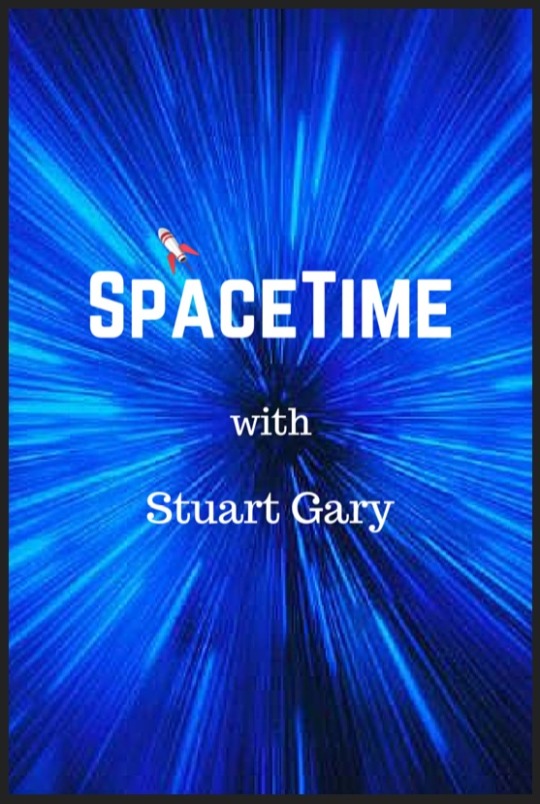
New SpaceTime out Friday....
SpaceTime 20240419 Series 27 Episode 48
The most detailed view ever of the expanding universe
Astronomers have released the first-year data from DESI -- the Dark Energy Spectroscopic Instrument Survey – providing the most detailed view ever of the expanding universe.
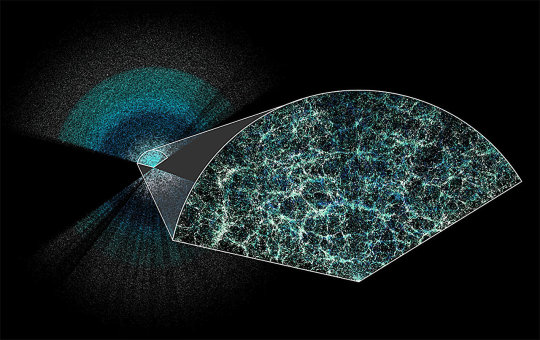


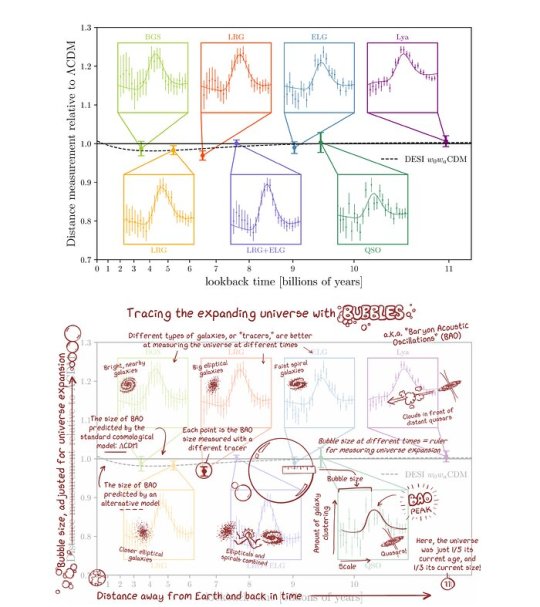
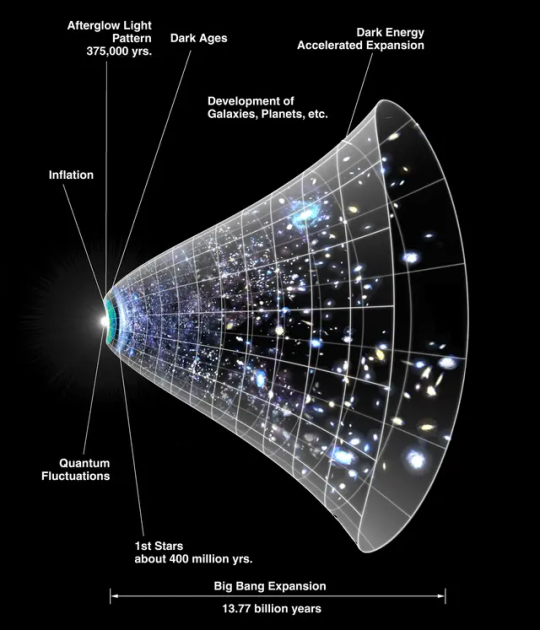
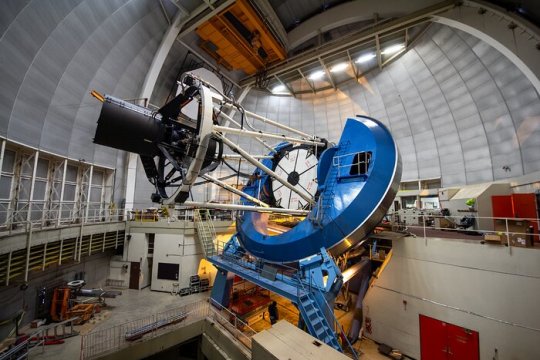
Solar Observatory discovers its 5,000th comet
On March 25, 2024, a citizen scientist in the Czech Republic spotted a comet in an image from the SOHO Solar and Heliospheric Observatory spacecraft, which has now been confirmed as the 5000th Sun grazing comet discovery.

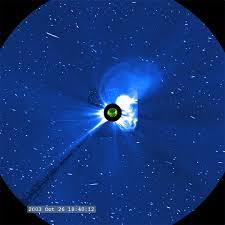

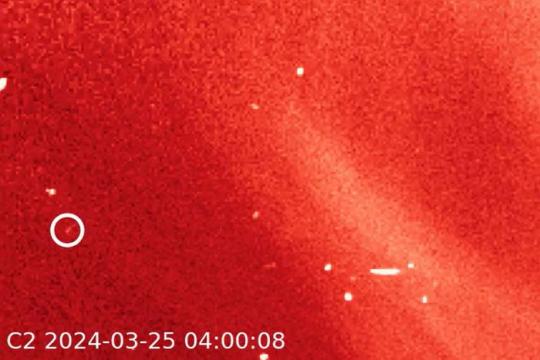
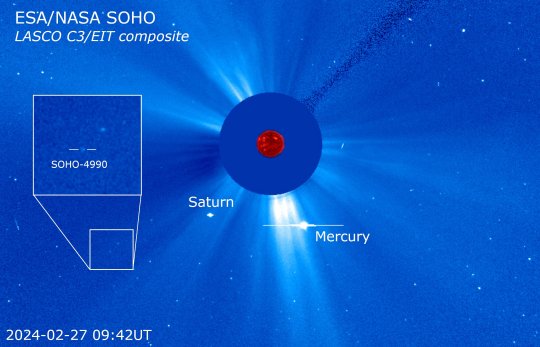
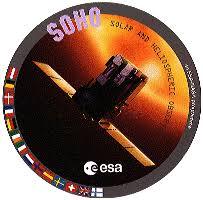

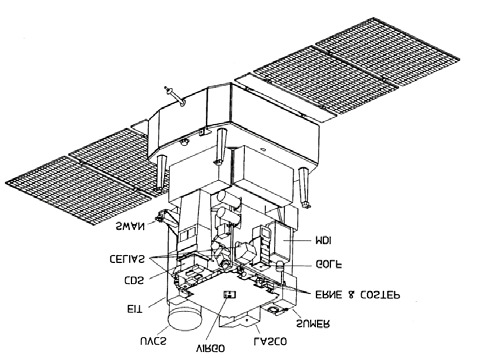
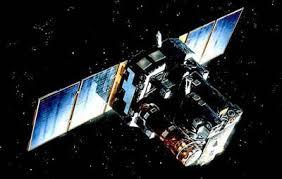
Soyuz returns to Russia with love
Russia’s Soyuz MS 24 capsule has returned safely to Earth landing under blued skies on the Kazakhstan steps.
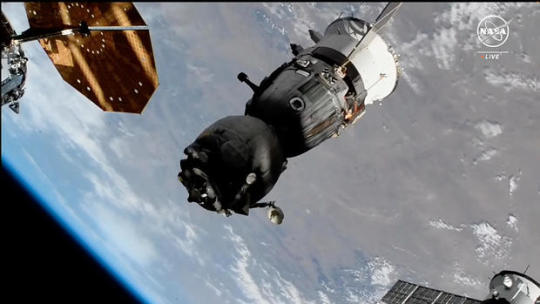
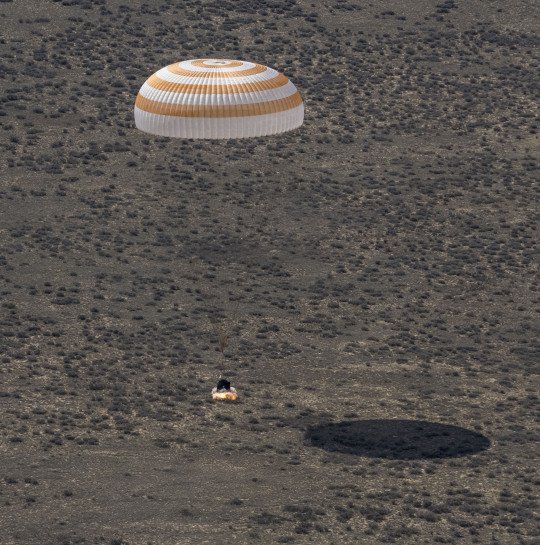
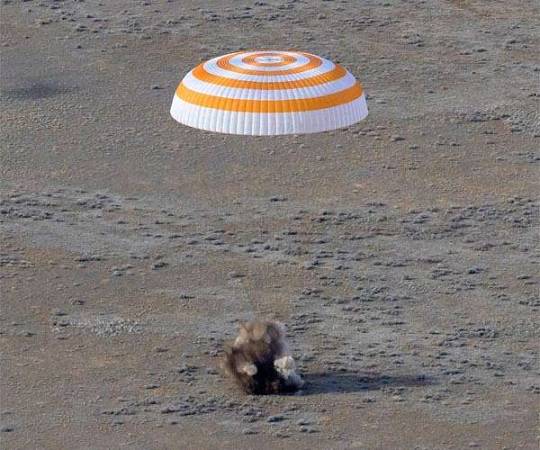
The Science Report
Up to 70% of the world's wine growing regions threatened by climate change
Young people with mood disorders less likely to get their driver's license and are more likely to crash.
Study warns drinking 100% fruit juice is linked to weight gain in children.
Skeptics guide to Avi Loeb’s alien technology claim
SpaceTime covers the latest news in astronomy & space sciences.
The show is available every Monday, Wednesday and Friday through Apple Podcasts (itunes), Stitcher, Google Podcast, Pocketcasts, SoundCloud, Bitez.com, YouTube, your favourite podcast download provider, and from www.spacetimewithstuartgary.com
SpaceTime is also broadcast through the National Science Foundation on Science Zone Radio and on both i-heart Radio and Tune-In Radio.
SpaceTime daily news blog: http://spacetimewithstuartgary.tumblr.com/
SpaceTime facebook: www.facebook.com/spacetimewithstuartgary
SpaceTime Instagram @spacetimewithstuartgary
SpaceTime twitter feed @stuartgary
SpaceTime YouTube: @SpaceTimewithStuartGary
SpaceTime -- A brief history
SpaceTime is Australia’s most popular and respected astronomy and space science news program – averaging over two million downloads every year. We’re also number five in the United States. The show reports on the latest stories and discoveries making news in astronomy, space flight, and science. SpaceTime features weekly interviews with leading Australian scientists about their research. The show began life in 1995 as ‘StarStuff’ on the Australian Broadcasting Corporation’s (ABC) NewsRadio network. Award winning investigative reporter Stuart Gary created the program during more than fifteen years as NewsRadio’s evening anchor and Science Editor. Gary’s always loved science. He studied astronomy at university and was invited to undertake a PHD in astrophysics, but instead focused on his career in journalism and radio broadcasting. He worked as an announcer and music DJ in commercial radio, before becoming a journalist and eventually joining ABC News and Current Affairs. Later, Gary became part of the team that set up ABC NewsRadio and was one of its first presenters. When asked to put his science background to use, Gary developed StarStuff which he wrote, produced and hosted, consistently achieving 9 per cent of the national Australian radio audience based on the ABC’s Nielsen ratings survey figures for the five major Australian metro markets: Sydney, Melbourne, Brisbane, Adelaide, and Perth. The StarStuff podcast was published on line by ABC Science -- achieving over 1.3 million downloads annually. However, after some 20 years, the show finally wrapped up in December 2015 following ABC funding cuts, and a redirection of available finances to increase sports and horse racing coverage. Rather than continue with the ABC, Gary resigned so that he could keep the show going independently. StarStuff was rebranded as “SpaceTime”, with the first episode being broadcast in February 2016. Over the years, SpaceTime has grown, more than doubling its former ABC audience numbers and expanding to include new segments such as the Science Report -- which provides a wrap of general science news, weekly skeptical science features, special reports looking at the latest computer and technology news, and Skywatch – which provides a monthly guide to the night skies. The show is published three times weekly (every Monday, Wednesday and Friday) and available from the United States National Science Foundation on Science Zone Radio, and through both i-heart Radio and Tune-In Radio.
#science#space#astronomy#physics#news#nasa#esa#astrophysics#spacetimewithstuartgary#starstuff#spacetime#nasa photos#jwst
18 notes
·
View notes
Text

New SpaceTime out Monday....
SpaceTime 20240401 Series 27 Episode 40
Strong magnetic fields at the edge of Milky Way’s supermassive black hole
A new image from the Event Horizon Telescope has uncovered strong organised magnetic fields spiralling around the edge of Sagittarius A* the supermassive black hole at the centre of our Milky Way Galaxy.
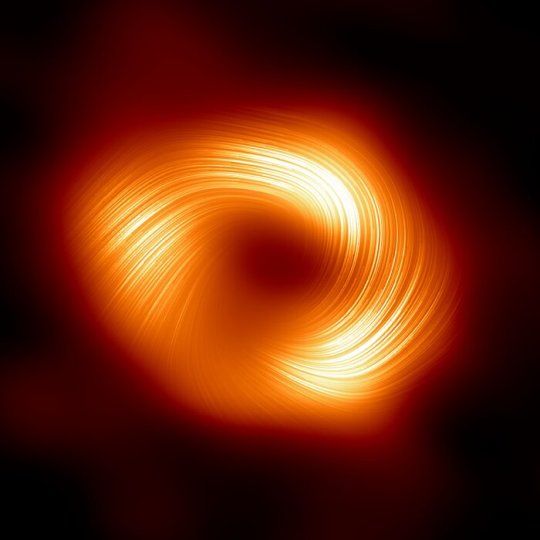

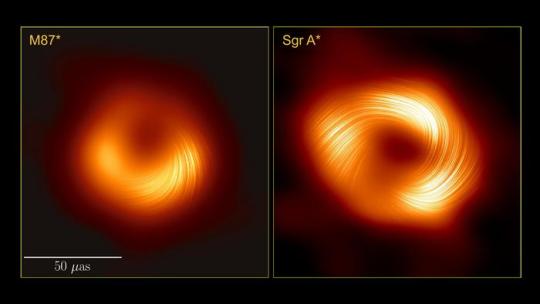




New studies show blue supergiant stars can be formed through stellar mergers
A new study has found that some of the brightest, hottest, and most luminous stars in the universe are created by the merger of two smaller stars.

Peering Into the Tendrils of a distant galaxy
The Webb space telescope has provided astronomers with a new view of a spectacular star forming region called NGC-604 deep inside the Triangulum Galaxy M-33.
Moscow sends a new crew to the International Space Station
A Russian Soyuz capsule has safely docked to the International Space Station as it flew 420 kilometres above the planet.


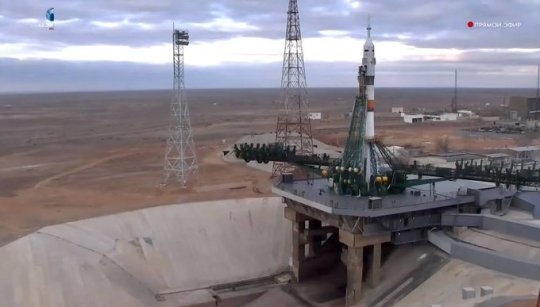


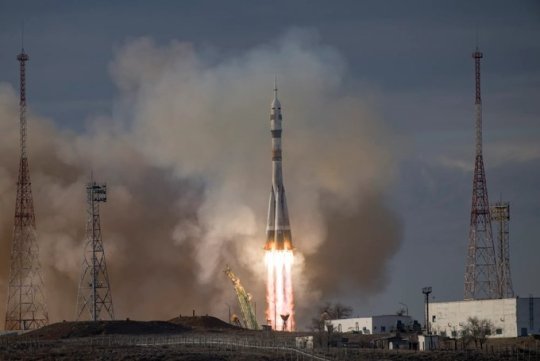
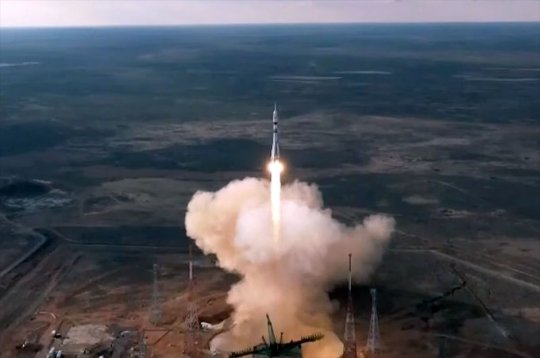

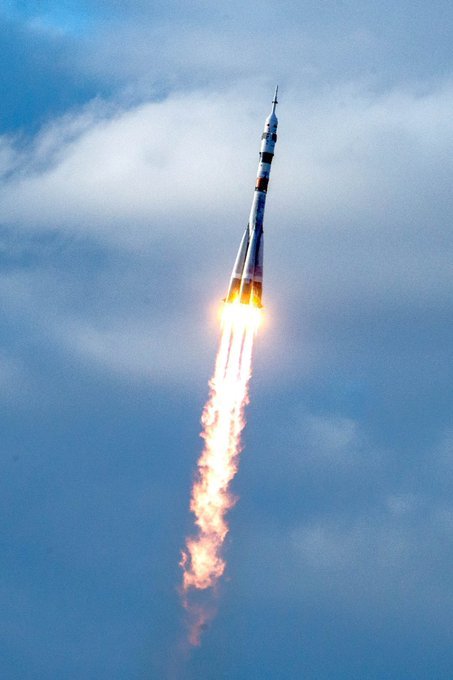
The Science Report
How spending less time sitting could help reduce blood pressure in people over 60.
Scientists map the genome of sugarcane.
It’s true, today’s music really isn’t as good as that back in the olden days.
Skeptics guide to why people believe in astrology
SpaceTime covers the latest news in astronomy & space sciences.
The show is available every Monday, Wednesday and Friday through Apple Podcasts (itunes), Stitcher, Google Podcast, Pocketcasts, SoundCloud, Bitez.com, YouTube, your favourite podcast download provider, and from www.spacetimewithstuartgary.com
SpaceTime is also broadcast through the National Science Foundation on Science Zone Radio and on both i-heart Radio and Tune-In Radio.
SpaceTime daily news blog: http://spacetimewithstuartgary.tumblr.com/
SpaceTime facebook: www.facebook.com/spacetimewithstuartgary
SpaceTime Instagram @spacetimewithstuartgary
SpaceTime twitter feed @stuartgary
SpaceTime YouTube: @SpaceTimewithStuartGary
SpaceTime -- A brief history
SpaceTime is Australia’s most popular and respected astronomy and space science news program – averaging over two million downloads every year. We’re also number five in the United States. The show reports on the latest stories and discoveries making news in astronomy, space flight, and science. SpaceTime features weekly interviews with leading Australian scientists about their research. The show began life in 1995 as ‘StarStuff’ on the Australian Broadcasting Corporation’s (ABC) NewsRadio network. Award winning investigative reporter Stuart Gary created the program during more than fifteen years as NewsRadio’s evening anchor and Science Editor. Gary’s always loved science. He studied astronomy at university and was invited to undertake a PHD in astrophysics, but instead focused on his career in journalism and radio broadcasting. He worked as an announcer and music DJ in commercial radio, before becoming a journalist and eventually joining ABC News and Current Affairs. Later, Gary became part of the team that set up ABC NewsRadio and was one of its first presenters. When asked to put his science background to use, Gary developed StarStuff which he wrote, produced and hosted, consistently achieving 9 per cent of the national Australian radio audience based on the ABC’s Nielsen ratings survey figures for the five major Australian metro markets: Sydney, Melbourne, Brisbane, Adelaide, and Perth. The StarStuff podcast was published on line by ABC Science -- achieving over 1.3 million downloads annually. However, after some 20 years, the show finally wrapped up in December 2015 following ABC funding cuts, and a redirection of available finances to increase sports and horse racing coverage. Rather than continue with the ABC, Gary resigned so that he could keep the show going independently. StarStuff was rebranded as “SpaceTime”, with the first episode being broadcast in February 2016. Over the years, SpaceTime has grown, more than doubling its former ABC audience numbers and expanding to include new segments such as the Science Report -- which provides a wrap of general science news, weekly skeptical science features, special reports looking at the latest computer and technology news, and Skywatch – which provides a monthly guide to the night skies. The show is published three times weekly (every Monday, Wednesday and Friday) and available from the United States National Science Foundation on Science Zone Radio, and through both i-heart Radio and Tune-In Radio.
#science#space#astronomy#physics#news#nasa#esa#astrophysics#spacetimewithstuartgary#starstuff#spacetime
15 notes
·
View notes
Text
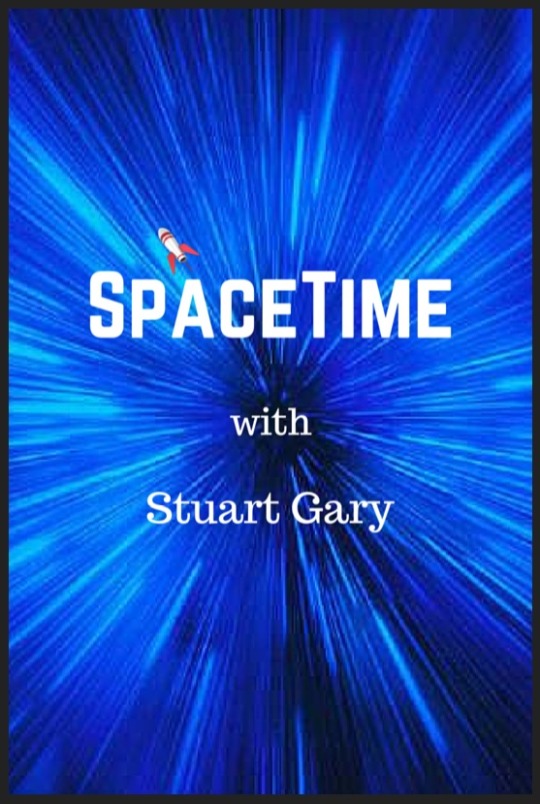
Wednesday SpaceTime 20240320 Series 27 Episode 35
Giant volcano discovered on Mars
Scientists have discovered a giant ancient volcano and glacial ice sheet buried in the eastern part of the Martian Tharsis volcanic province, near the planet’s equator.
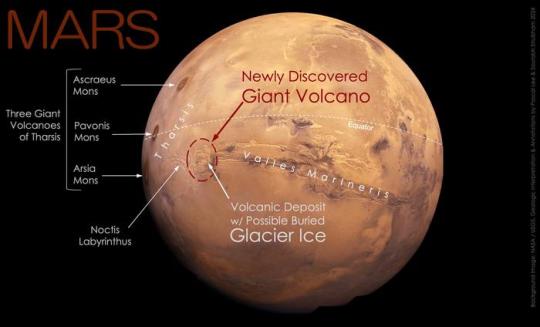

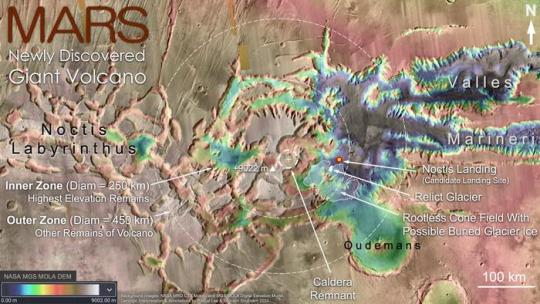
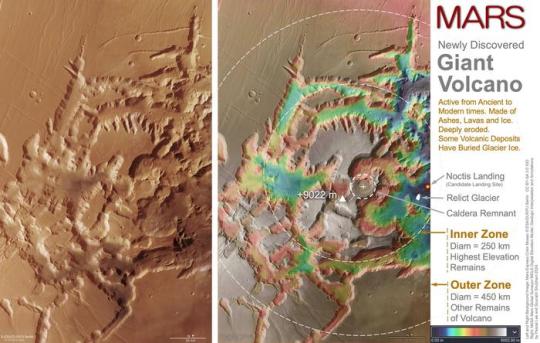


New radar mission for Europe
The European Space Agency are planning a new Earth observation mission to monitor how the planet is changing due to global warming.
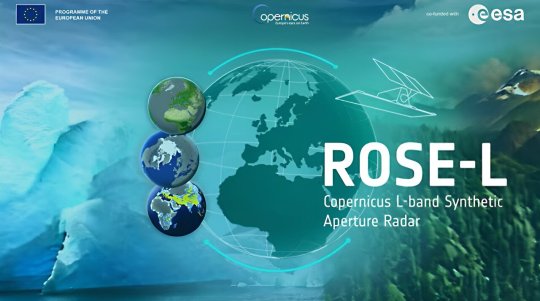
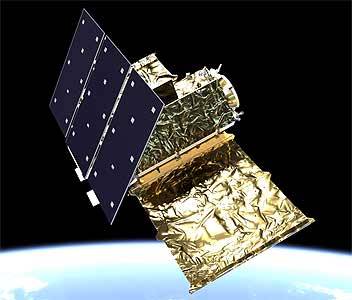
A busy time aboard the International Space Station
It’s been a busy time aboard the international Space Station with several crews arriving and departing over the last few weeks.

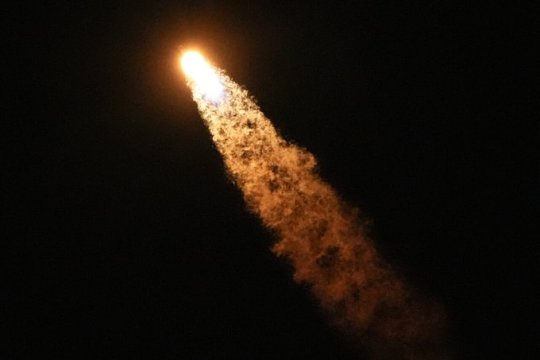
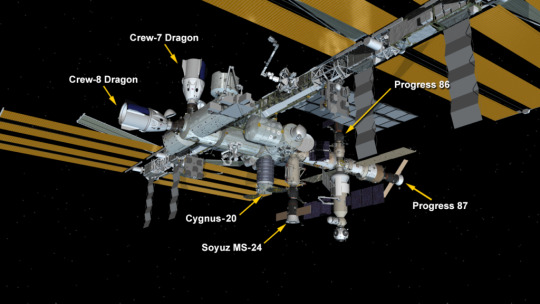
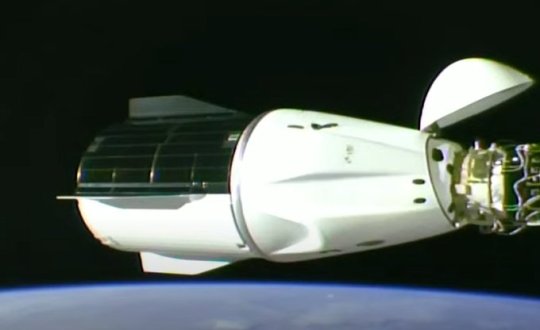



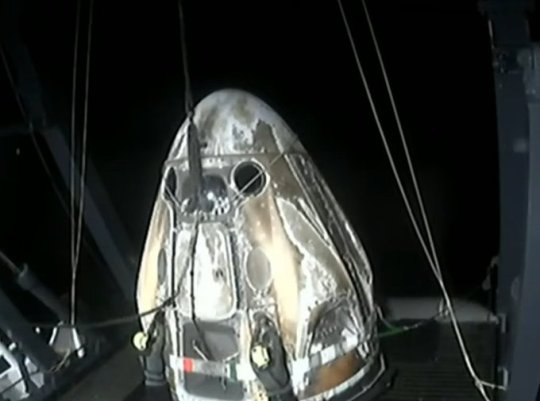

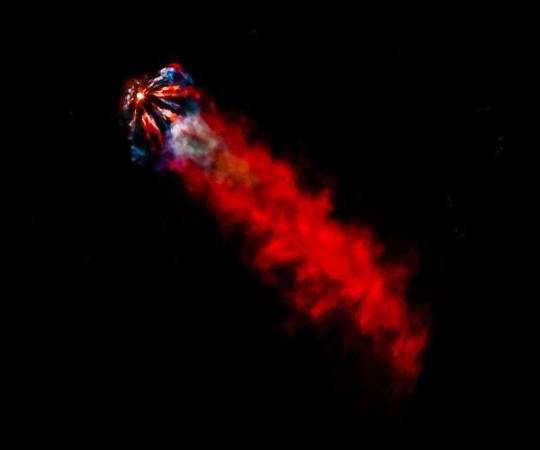



Could a robot chemist create oxygen from the resources already on Mars?
Scientists have developed an AI robot chemist that can make oxygen from Martian meteorites.
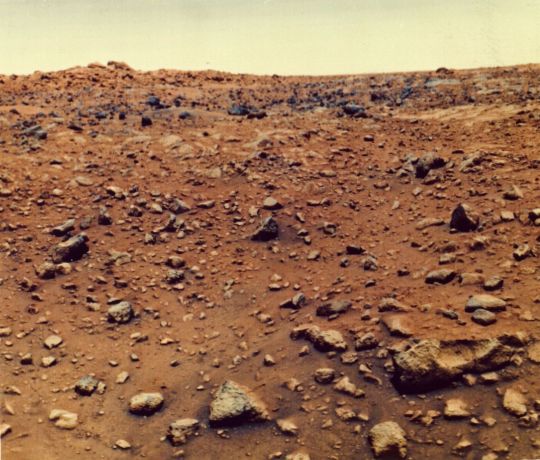

The Science Report
Claims high temperatures immediately increase your risk of having an ischemic stroke.
Whales getting stuck in discarded fishing gear wind up with serious life long injuries – if they survive.
Using Vegemite to pull metals out of water.
Alex on Tech Trouble with TikTok and Meta
SpaceTime covers the latest news in astronomy & space sciences.
The show is available every Monday, Wednesday and Friday through Apple Podcasts (itunes), Stitcher, Google Podcast, Pocketcasts, SoundCloud, Bitez.com, YouTube, your favourite podcast download provider, and from www.spacetimewithstuartgary.com
SpaceTime is also broadcast through the National Science Foundation on Science Zone Radio and on both i-heart Radio and Tune-In Radio.
SpaceTime daily news blog: http://spacetimewithstuartgary.tumblr.com/
SpaceTime facebook: www.facebook.com/spacetimewithstuartgary
SpaceTime Instagram @spacetimewithstuartgary
SpaceTime twitter feed @stuartgary
SpaceTime YouTube: @SpaceTimewithStuartGary
SpaceTime -- A brief history
SpaceTime is Australia’s most popular and respected astronomy and space science news program – averaging over two million downloads every year. We’re also number five in the United States. The show reports on the latest stories and discoveries making news in astronomy, space flight, and science. SpaceTime features weekly interviews with leading Australian scientists about their research. The show began life in 1995 as ‘StarStuff’ on the Australian Broadcasting Corporation’s (ABC) NewsRadio network. Award winning investigative reporter Stuart Gary created the program during more than fifteen years as NewsRadio’s evening anchor and Science Editor. Gary’s always loved science. He studied astronomy at university and was invited to undertake a PHD in astrophysics, but instead focused on his career in journalism and radio broadcasting. He worked as an announcer and music DJ in commercial radio, before becoming a journalist and eventually joining ABC News and Current Affairs. Later, Gary became part of the team that set up ABC NewsRadio and was one of its first presenters. When asked to put his science background to use, Gary developed StarStuff which he wrote, produced and hosted, consistently achieving 9 per cent of the national Australian radio audience based on the ABC’s Nielsen ratings survey figures for the five major Australian metro markets: Sydney, Melbourne, Brisbane, Adelaide, and Perth. The StarStuff podcast was published on line by ABC Science -- achieving over 1.3 million downloads annually. However, after some 20 years, the show finally wrapped up in December 2015 following ABC funding cuts, and a redirection of available finances to increase sports and horse racing coverage. Rather than continue with the ABC, Gary resigned so that he could keep the show going independently. StarStuff was rebranded as “SpaceTime”, with the first episode being broadcast in February 2016. Over the years, SpaceTime has grown, more than doubling its former ABC audience numbers and expanding to include new segments such as the Science Report -- which provides a wrap of general science news, weekly skeptical science features, special reports looking at the latest computer and technology news, and Skywatch – which provides a monthly guide to the night skies. The show is published three times weekly (every Monday, Wednesday and Friday) and available from the United States National Science Foundation on Science Zone Radio, and through both i-heart Radio and Tune-In Radio.
#science#space#astronomy#physics#news#nasa#esa#astrophysics#spacetimewithstuartgary#starstuff#spacetime
16 notes
·
View notes
Text

New SpaceTime out Monday....
SpaceTime 20231009 Series 26 Episode 121
The launch of NASA’s Psyche spacecraft delayed again
Mission managers have rescheduled the launch of NASA’s Psyche spacecraft to a metal asteroid for Thursday October 12th.
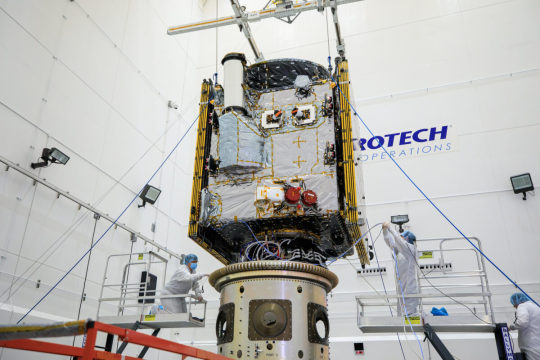
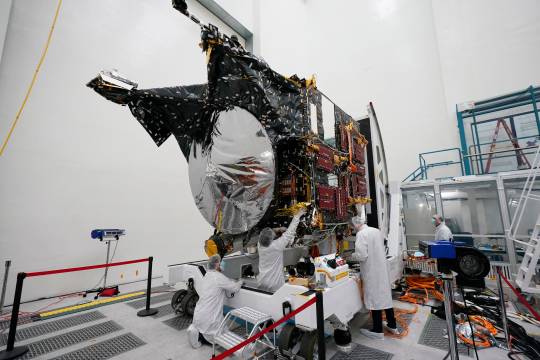

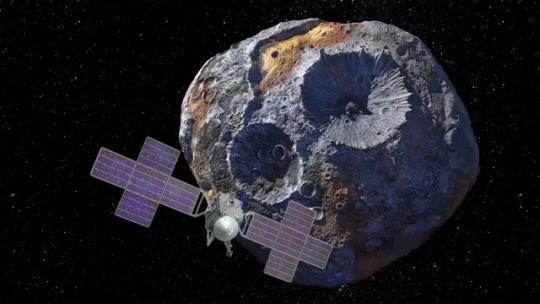
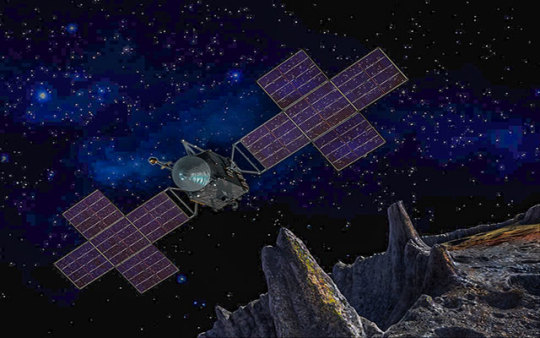


What causes Earth’s strongest lightning
Scientists have found that the planet’s most powerful lightning events – known as super-bolts -- are more likely to strike, the closer a storm cloud’s electrical charging zone is to the land or ocean’s surface.

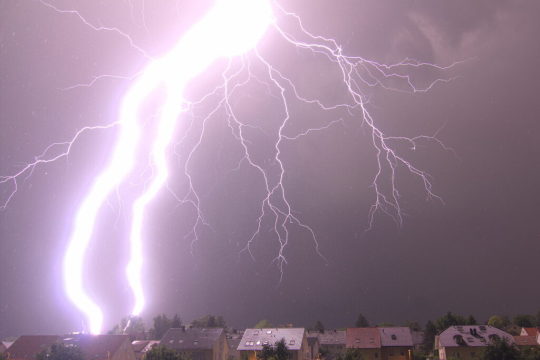
The FAA releases its report on Blue Origin’s crash and burn
The US Federal Aviation Administration report into the mid-air failure which destroyed a Blue Origin New Shepherd rocket has ordered a list of 21 corrective actions which need to be undertaken before the company can fly again.
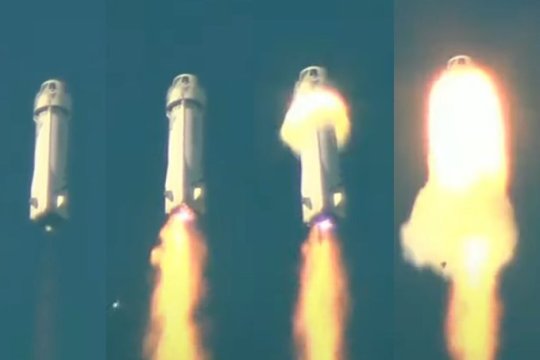
The Science Report
The 2023 Nobel Prizes in Physics chemistry and Medicine awarded in Sweeden.
A new study is looking at people’s attitudes to Daylight Saving
The a commercially available water additive that limits the reformation of plaque and tartar on dogs' teeth.
Skeptics guide to anti-vax disinformation

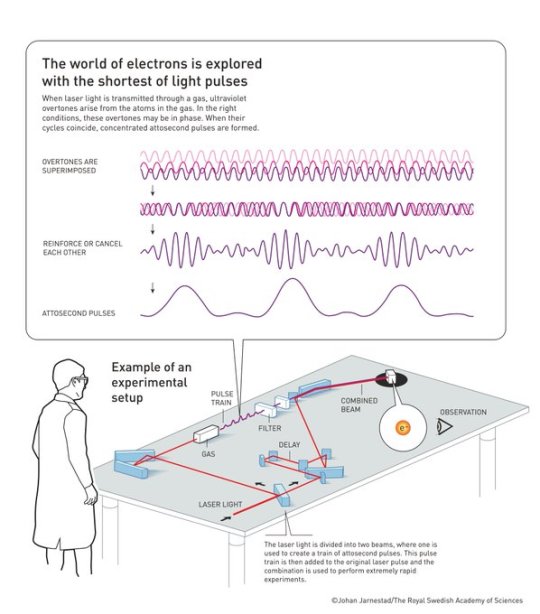
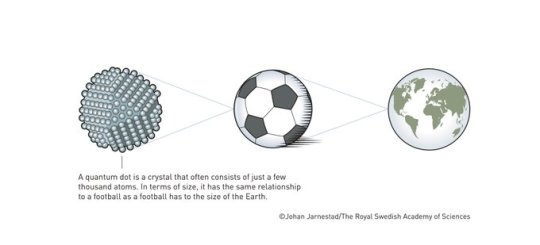



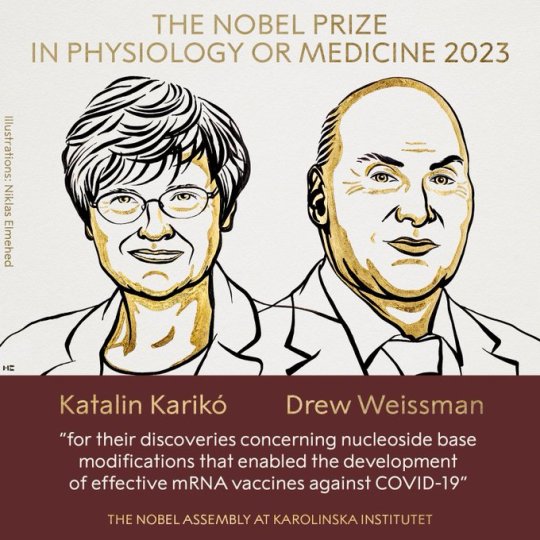

SpaceTime covers the latest news in astronomy & space sciences.
The show is available every Monday, Wednesday and Friday through Apple Podcasts (itunes), Stitcher, Google Podcast, Pocketcasts, SoundCloud, Bitez.com, YouTube, your favourite podcast download provider, and from www.spacetimewithstuartgary.com
SpaceTime is also broadcast through the National Science Foundation on Science Zone Radio and on both i-heart Radio and Tune-In Radio.
SpaceTime daily news blog: http://spacetimewithstuartgary.tumblr.com/
SpaceTime facebook: www.facebook.com/spacetimewithstuartgary
SpaceTime Instagram @spacetimewithstuartgary
SpaceTime twitter feed @stuartgary
SpaceTime YouTube: @SpaceTimewithStuartGary
SpaceTime -- A brief history
SpaceTime is Australia’s most popular and respected astronomy and space science news program – averaging over two million downloads every year. We’re also number five in the United States. The show reports on the latest stories and discoveries making news in astronomy, space flight, and science. SpaceTime features weekly interviews with leading Australian scientists about their research. The show began life in 1995 as ‘StarStuff’ on the Australian Broadcasting Corporation’s (ABC) NewsRadio network. Award winning investigative reporter Stuart Gary created the program during more than fifteen years as NewsRadio’s evening anchor and Science Editor. Gary’s always loved science. He studied astronomy at university and was invited to undertake a PHD in astrophysics, but instead focused on his career in journalism and radio broadcasting. He worked as an announcer and music DJ in commercial radio, before becoming a journalist and eventually joining ABC News and Current Affairs. Later, Gary became part of the team that set up ABC NewsRadio and was one of its first presenters. When asked to put his science background to use, Gary developed StarStuff which he wrote, produced and hosted, consistently achieving 9 per cent of the national Australian radio audience based on the ABC’s Nielsen ratings survey figures for the five major Australian metro markets: Sydney, Melbourne, Brisbane, Adelaide, and Perth. The StarStuff podcast was published on line by ABC Science -- achieving over 1.3 million downloads annually. However, after some 20 years, the show finally wrapped up in December 2015 following ABC funding cuts, and a redirection of available finances to increase sports and horse racing coverage. Rather than continue with the ABC, Gary resigned so that he could keep the show going independently. StarStuff was rebranded as “SpaceTime”, with the first episode being broadcast in February 2016. Over the years, SpaceTime has grown, more than doubling its former ABC audience numbers and expanding to include new segments such as the Science Report -- which provides a wrap of general science news, weekly skeptical science features, special reports looking at the latest computer and technology news, and Skywatch – which provides a monthly guide to the night skies. The show is published three times weekly (every Monday, Wednesday and Friday) and available from the United States National Science Foundation on Science Zone Radio, and through both i-heart Radio and Tune-In Radio.
#science#space#astronomy#physics#news#esa#nasa#astrophysics#spacetimewithstuartgary#starstuff#spacetime
33 notes
·
View notes
Text
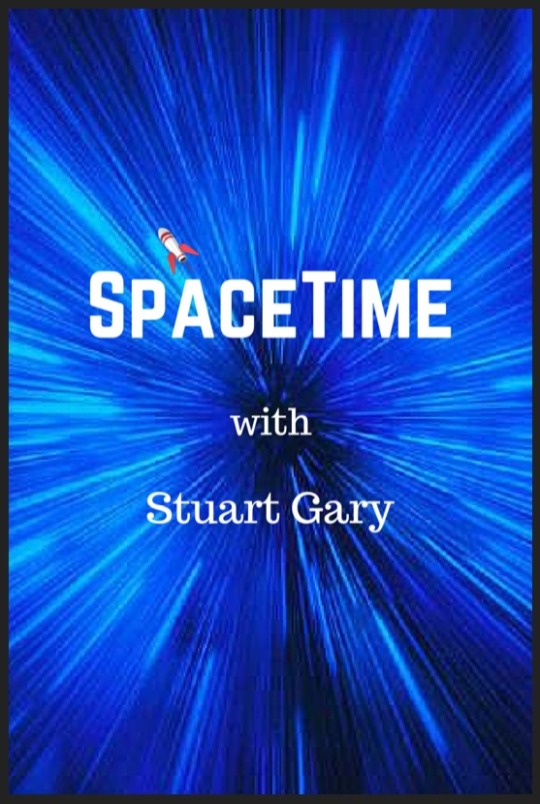
New SpaceTime out Friday...
SpaceTime 20240412 Series 27 Episode 45
Perseverance collects its 24th sample on Mars
NASA’s Mars Perseverance Rover has just collected its 24 geological sample from the surface of the red planet. The drill core offers new clues about Jezero Crater and the lake it may have once held.

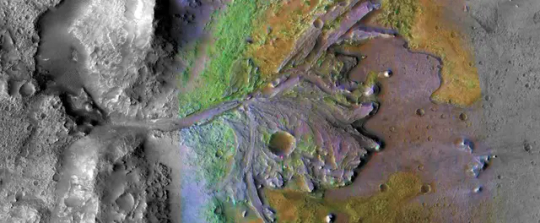


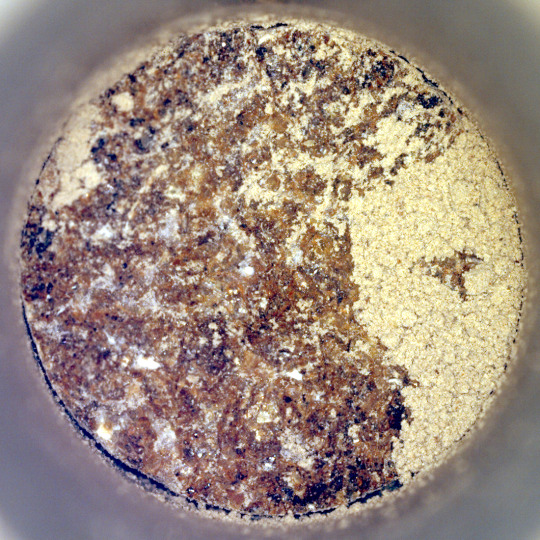

New date set for Starliner's first manned mission
NASA has set May 6 as the opening of the launch window for the first manned flight of Boeing’s long troubled CST-100 Starliner. The flight to the International Space Station was originally slated for this month.
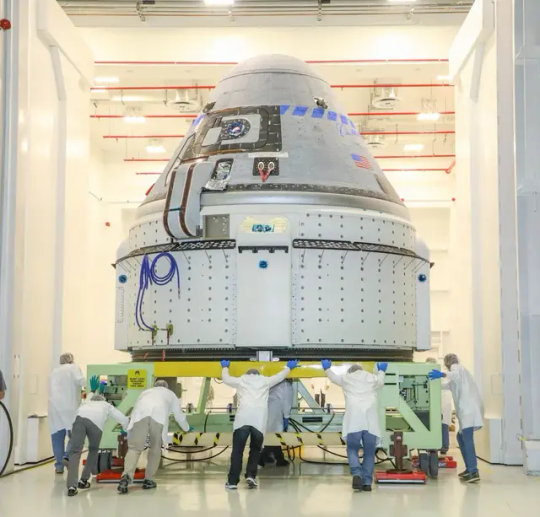

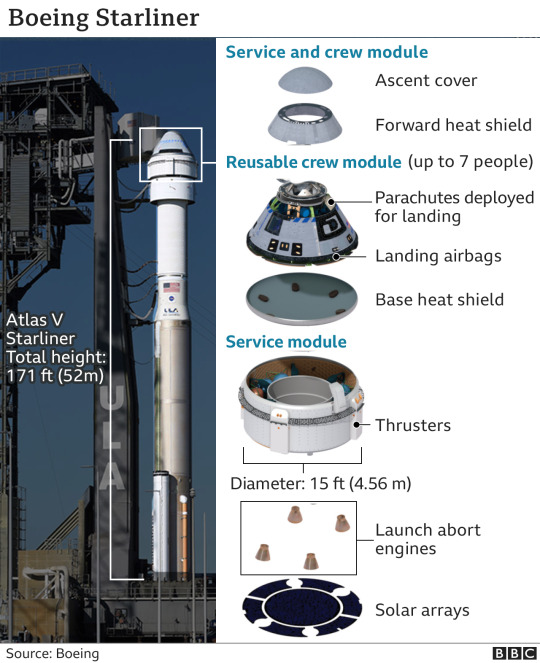
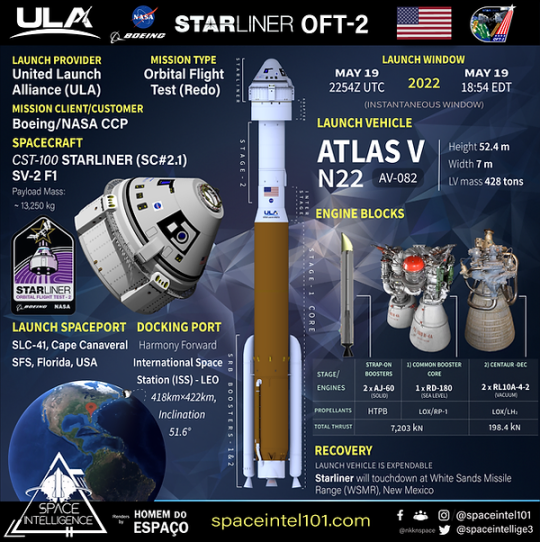





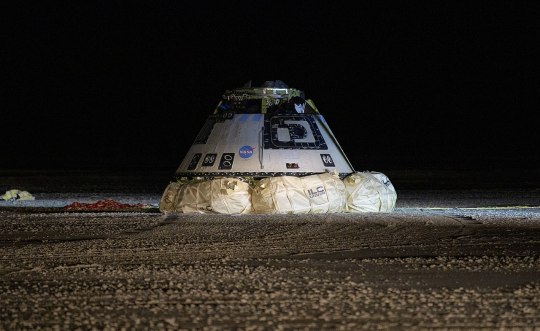
Space junk slams into a Florida homeNASA says it’s analyzing an object that crashed into a Florida man's home last week which is suspected of being piece of debris jettisoned from the International Space Station.

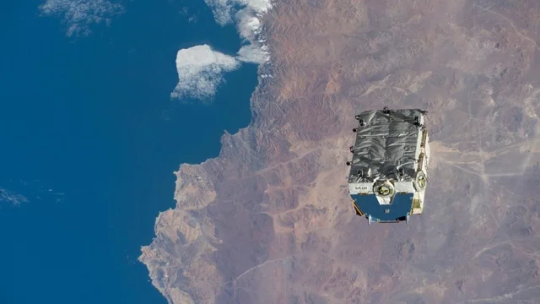
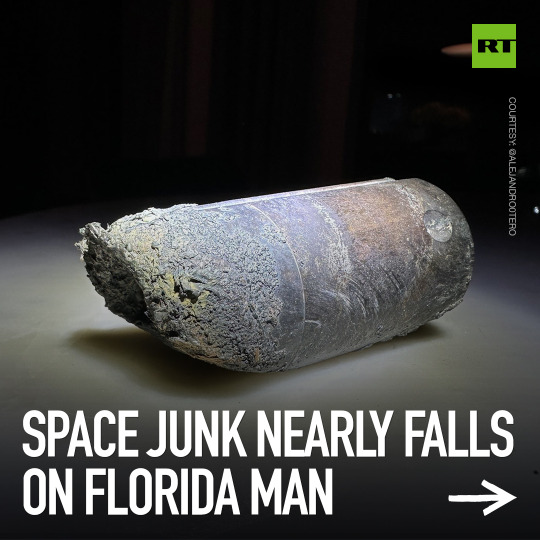
The Science Report
New research shows that the warming climate will turn Australia’s soil into a net emitter of carbon dioxide.
A new study claims women with a low resting heart rate had a slightly higher chance of a criminal lifestyle.
Identifying criminals by airborne forensic DNA evidence.
Skeptics guide to African witchcraft trials
SpaceTime covers the latest news in astronomy & space sciences.
The show is available every Monday, Wednesday and Friday through Apple Podcasts (itunes), Stitcher, Google Podcast, Pocketcasts, SoundCloud, Bitez.com, YouTube, your favourite podcast download provider, and from www.spacetimewithstuartgary.com
SpaceTime is also broadcast through the National Science Foundation on Science Zone Radio and on both i-heart Radio and Tune-In Radio.
SpaceTime daily news blog: http://spacetimewithstuartgary.tumblr.com/
SpaceTime facebook: www.facebook.com/spacetimewithstuartgary
SpaceTime Instagram @spacetimewithstuartgary
SpaceTime twitter feed @stuartgary
SpaceTime YouTube: @SpaceTimewithStuartGary
SpaceTime -- A brief history
SpaceTime is Australia’s most popular and respected astronomy and space science news program – averaging over two million downloads every year. We’re also number five in the United States. The show reports on the latest stories and discoveries making news in astronomy, space flight, and science. SpaceTime features weekly interviews with leading Australian scientists about their research. The show began life in 1995 as ‘StarStuff’ on the Australian Broadcasting Corporation’s (ABC) NewsRadio network. Award winning investigative reporter Stuart Gary created the program during more than fifteen years as NewsRadio’s evening anchor and Science Editor. Gary’s always loved science. He studied astronomy at university and was invited to undertake a PHD in astrophysics, but instead focused on his career in journalism and radio broadcasting. He worked as an announcer and music DJ in commercial radio, before becoming a journalist and eventually joining ABC News and Current Affairs. Later, Gary became part of the team that set up ABC NewsRadio and was one of its first presenters. When asked to put his science background to use, Gary developed StarStuff which he wrote, produced and hosted, consistently achieving 9 per cent of the national Australian radio audience based on the ABC’s Nielsen ratings survey figures for the five major Australian metro markets: Sydney, Melbourne, Brisbane, Adelaide, and Perth. The StarStuff podcast was published on line by ABC Science -- achieving over 1.3 million downloads annually. However, after some 20 years, the show finally wrapped up in December 2015 following ABC funding cuts, and a redirection of available finances to increase sports and horse racing coverage. Rather than continue with the ABC, Gary resigned so that he could keep the show going independently. StarStuff was rebranded as “SpaceTime”, with the first episode being broadcast in February 2016. Over the years, SpaceTime has grown, more than doubling its former ABC audience numbers and expanding to include new segments such as the Science Report -- which provides a wrap of general science news, weekly skeptical science features, special reports looking at the latest computer and technology news, and Skywatch – which provides a monthly guide to the night skies. The show is published three times weekly (every Monday, Wednesday and Friday) and available from the United States National Science Foundation on Science Zone Radio, and through both i-heart Radio and Tune-In Radio.
#science#space#astronomy#physics#news#nasa#esa#astrophysics#spacetimewithstuartgary#starstuff#spacetime
12 notes
·
View notes
Text

Wednesday SpaceTime 20230927 Series 26 Episode 116
Black holes eat faster than previously expected
A new study is changing the way astrophysicists understand the eating habits of supermassive black holes.
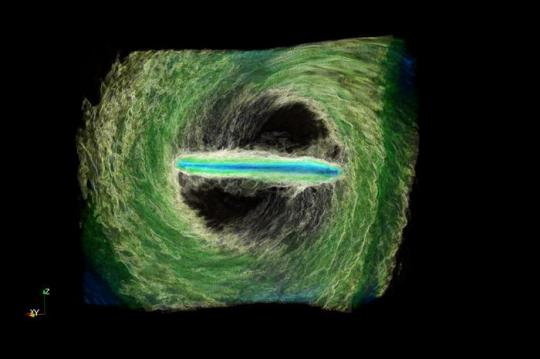
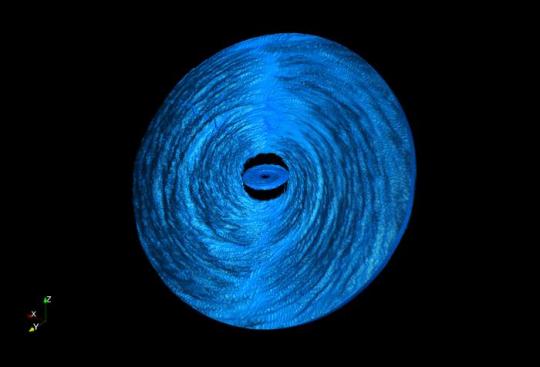
Ingenuity Helicopter sets new altitude flight record on Mars
NASA’s Mars Ingenuity Helicopter has set a new altitude flight record reaching some 20 metres above the red planet’s ancient desert landscape.


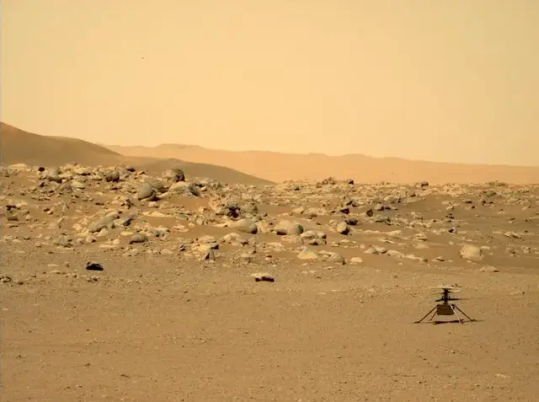
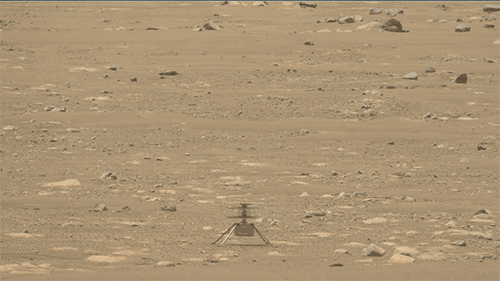
Rocket Labs Electron suffers a rare failure
Rocket lab have grounded all Electron missions following the failure of its latest launch from New Zealand.
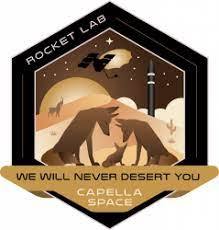
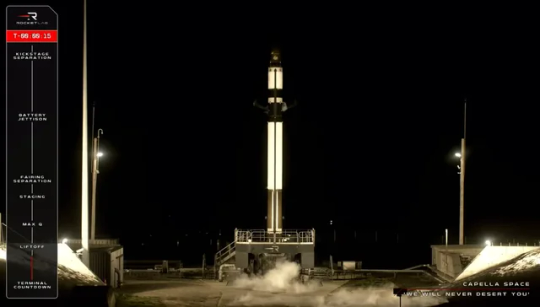


The Science Report
Scientists have begunPhase 1 trials of a new HIV vaccine.
The latest example of the ever increasing power of AI
Growing evidence that fact checking is just the opinion of the fact checker.
Alex on Tech:

SpaceTime covers the latest news in astronomy & space sciences.
The show is available every Monday, Wednesday and Friday through Apple Podcasts (itunes), Stitcher, Google Podcast, Pocketcasts, SoundCloud, Bitez.com, YouTube, your favourite podcast download provider, and from www.spacetimewithstuartgary.com
SpaceTime is also broadcast through the National Science Foundation on Science Zone Radio and on both i-heart Radio and Tune-In Radio.
SpaceTime daily news blog: http://spacetimewithstuartgary.tumblr.com/
SpaceTime facebook: www.facebook.com/spacetimewithstuartgary
SpaceTime Instagram @spacetimewithstuartgary
SpaceTime twitter feed @stuartgary
SpaceTime YouTube: @SpaceTimewithStuartGary
SpaceTime -- A brief history
SpaceTime is Australia’s most popular and respected astronomy and space science news program – averaging over two million downloads every year. We’re also number five in the United States. The show reports on the latest stories and discoveries making news in astronomy, space flight, and science. SpaceTime features weekly interviews with leading Australian scientists about their research. The show began life in 1995 as ‘StarStuff’ on the Australian Broadcasting Corporation’s (ABC) NewsRadio network. Award winning investigative reporter Stuart Gary created the program during more than fifteen years as NewsRadio’s evening anchor and Science Editor. Gary’s always loved science. He studied astronomy at university and was invited to undertake a PHD in astrophysics, but instead focused on his career in journalism and radio broadcasting. He worked as an announcer and music DJ in commercial radio, before becoming a journalist and eventually joining ABC News and Current Affairs. Later, Gary became part of the team that set up ABC NewsRadio and was one of its first presenters. When asked to put his science background to use, Gary developed StarStuff which he wrote, produced and hosted, consistently achieving 9 per cent of the national Australian radio audience based on the ABC’s Nielsen ratings survey figures for the five major Australian metro markets: Sydney, Melbourne, Brisbane, Adelaide, and Perth. The StarStuff podcast was published on line by ABC Science -- achieving over 1.3 million downloads annually. However, after some 20 years, the show finally wrapped up in December 2015 following ABC funding cuts, and a redirection of available finances to increase sports and horse racing coverage. Rather than continue with the ABC, Gary resigned so that he could keep the show going independently. StarStuff was rebranded as “SpaceTime”, with the first episode being broadcast in February 2016. Over the years, SpaceTime has grown, more than doubling its former ABC audience numbers and expanding to include new segments such as the Science Report -- which provides a wrap of general science news, weekly skeptical science features, special reports looking at the latest computer and technology news, and Skywatch – which provides a monthly guide to the night skies. The show is published three times weekly (every Monday, Wednesday and Friday) and available from the United States National Science Foundation on Science Zone Radio, and through both i-heart Radio and Tune-In Radio.
#science#space#astronomy#physics#news#nasa#esa#asa#astrophysics#spacetimewithstuartgary#starstuff#spacetime#universe#galaxy#outer space#telescopes
36 notes
·
View notes
Text

New SpaceTime out Monday....
SpaceTime 20240325 Series 27 Episode 37
A new spin on the red supergiant star Betelgeuse
A new study suggests that evidence of a faster than expected rotation observed in the red supergiant star Betelgeuse could instead be its violently boiling surface.

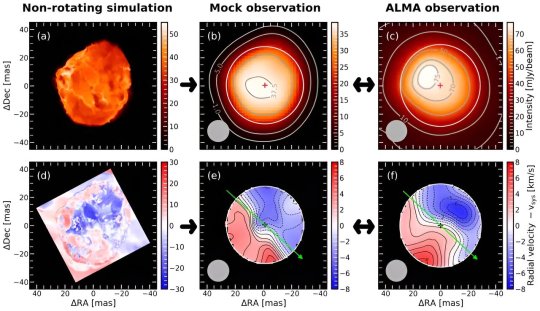

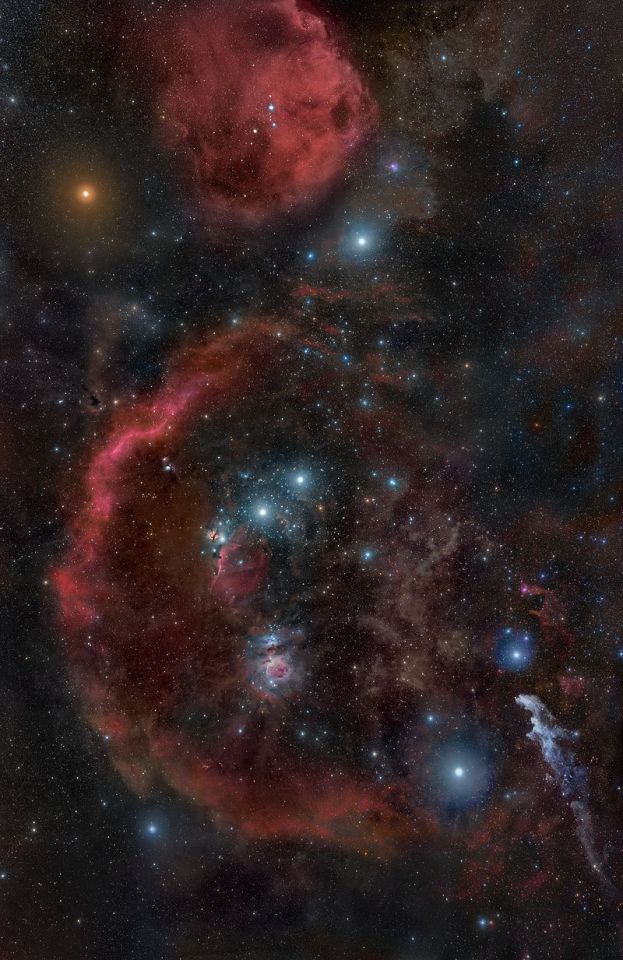
How asteroid and comet bombardment changed the Moon forever
A new study has found that the Earth’s moon may have been subjected to far more asteroid comet and meteor impact events than previously thought.
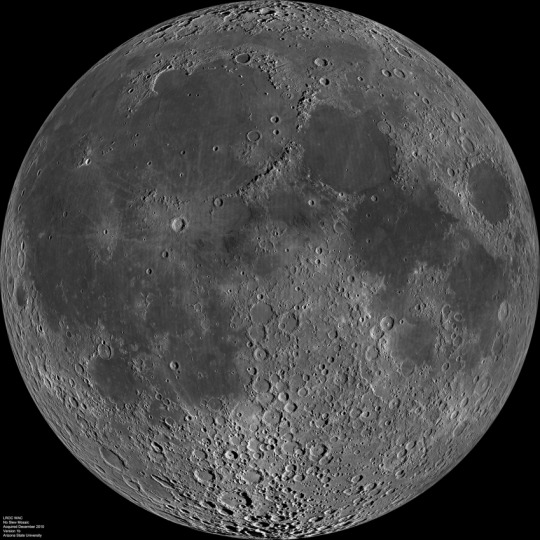

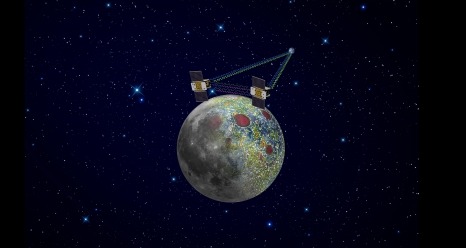

Electron’s first NRO launch from Wallops Island
Rocket Lab have finally undertaken their first Electron mission for the United States National Reconnaissance Office from their new launch complex at NASA’s Wallops Island flight Facility on the Virginian mid Atlantic coast.
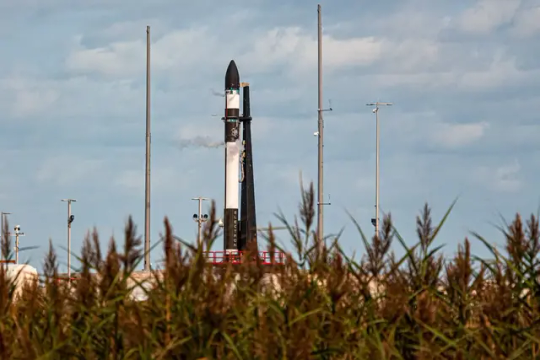
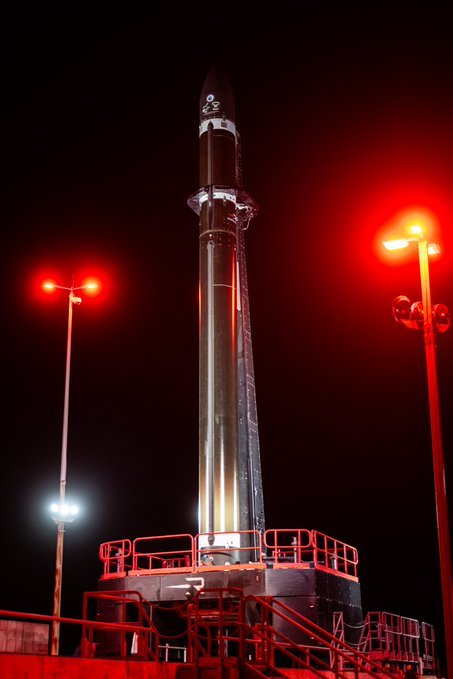

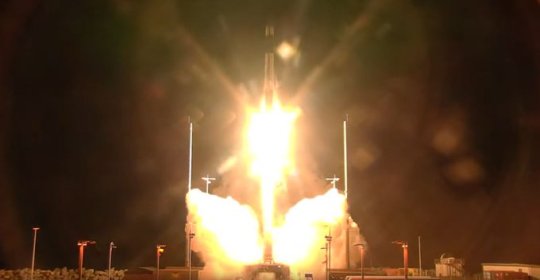


The Science Report
Climate change smashes records for greenhouse gas levels, temperatures and sea level rise.
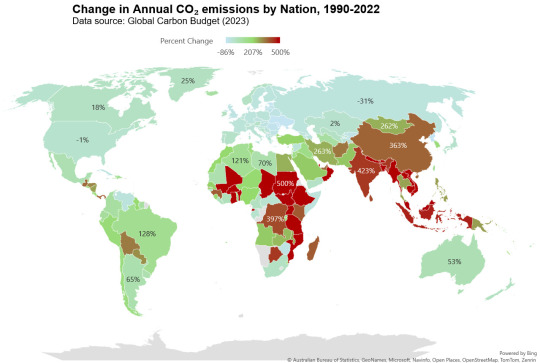

Studies show people aren’t getting enough sleep.
Is Havana Syndrome all in your head.
Skeptics guide to secret women’s business
SpaceTime covers the latest news in astronomy & space sciences.
The show is available every Monday, Wednesday and Friday through Apple Podcasts (itunes), Stitcher, Google Podcast, Pocketcasts, SoundCloud, Bitez.com, YouTube, your favourite podcast download provider, and from www.spacetimewithstuartgary.com
SpaceTime is also broadcast through the National Science Foundation on Science Zone Radio and on both i-heart Radio and Tune-In Radio.
SpaceTime daily news blog: http://spacetimewithstuartgary.tumblr.com/
SpaceTime facebook: www.facebook.com/spacetimewithstuartgary
SpaceTime Instagram @spacetimewithstuartgary
SpaceTime twitter feed @stuartgary
SpaceTime YouTube: @SpaceTimewithStuartGary
SpaceTime -- A brief history
SpaceTime is Australia’s most popular and respected astronomy and space science news program – averaging over two million downloads every year. We’re also number five in the United States. The show reports on the latest stories and discoveries making news in astronomy, space flight, and science. SpaceTime features weekly interviews with leading Australian scientists about their research. The show began life in 1995 as ‘StarStuff’ on the Australian Broadcasting Corporation’s (ABC) NewsRadio network. Award winning investigative reporter Stuart Gary created the program during more than fifteen years as NewsRadio’s evening anchor and Science Editor. Gary’s always loved science. He studied astronomy at university and was invited to undertake a PHD in astrophysics, but instead focused on his career in journalism and radio broadcasting. He worked as an announcer and music DJ in commercial radio, before becoming a journalist and eventually joining ABC News and Current Affairs. Later, Gary became part of the team that set up ABC NewsRadio and was one of its first presenters. When asked to put his science background to use, Gary developed StarStuff which he wrote, produced and hosted, consistently achieving 9 per cent of the national Australian radio audience based on the ABC’s Nielsen ratings survey figures for the five major Australian metro markets: Sydney, Melbourne, Brisbane, Adelaide, and Perth. The StarStuff podcast was published on line by ABC Science -- achieving over 1.3 million downloads annually. However, after some 20 years, the show finally wrapped up in December 2015 following ABC funding cuts, and a redirection of available finances to increase sports and horse racing coverage. Rather than continue with the ABC, Gary resigned so that he could keep the show going independently. StarStuff was rebranded as “SpaceTime”, with the first episode being broadcast in February 2016. Over the years, SpaceTime has grown, more than doubling its former ABC audience numbers and expanding to include new segments such as the Science Report -- which provides a wrap of general science news, weekly skeptical science features, special reports looking at the latest computer and technology news, and Skywatch – which provides a monthly guide to the night skies. The show is published three times weekly (every Monday, Wednesday and Friday) and available from the United States National Science Foundation on Science Zone Radio, and through both i-heart Radio and Tune-In Radio.
#science#space#astronomy#physics#news#nasa#esa#astrophysics#spacetimewithstuartgary#starstuff#spacetime#nasa photos
12 notes
·
View notes
Text

New SpaceTime out Wednesday....
SpaceTime 20231011 Series 26 Episode 122
Humans and other mammals will be gone in 250 million years.
A new study looking at how continental drift will change the face of the Earth into the future shows that the creation of the next super continent Pangea Ultima will probably cause humans and other mammals to become extinct – that’s assuming people haven’t already done so before then.
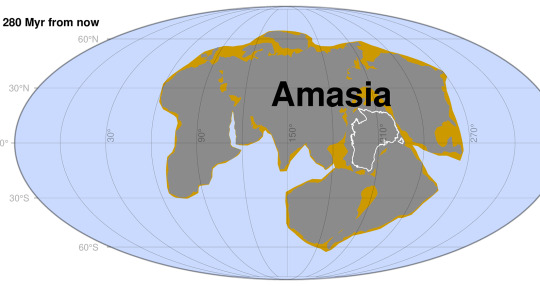
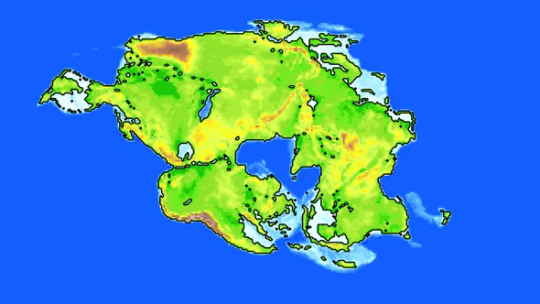
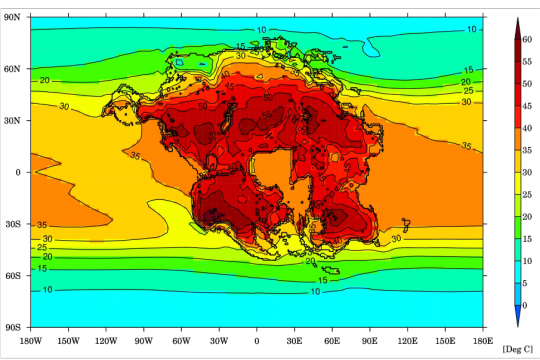
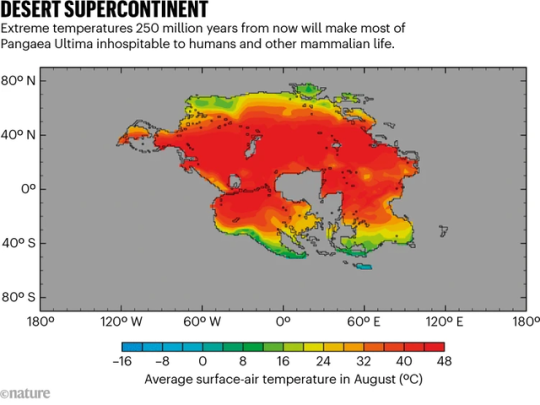
Strange mysterious planet like objects discovered in the Orion Nebula
New images from the James Webb Space Telescope have revealed strange planet-like structures in the Orion Nebula.

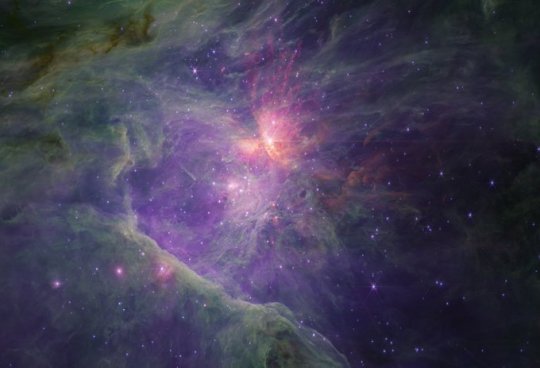
The link between Snowball Earth and complex life
A new study suggests massive volcanic activity during the interglacial period between the planet’s snowball Earth phase may have helped the evolution of early and complex life.
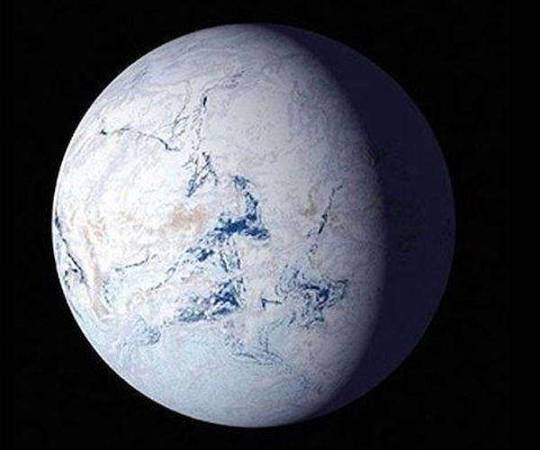
The Science Report
Earth’s near-surface permafrost could be gone by the turn of the century.
One in three people world wide now have high blood pressure.
Discovery of the earliest known use of wood for construction.
Alex on Tech the new Pixel 8 and 8 pro and hot iphone 15s raise concerns.
SpaceTime covers the latest news in astronomy & space sciences.
The show is available every Monday, Wednesday and Friday through Apple Podcasts (itunes), Stitcher, Google Podcast, Pocketcasts, SoundCloud, Bitez.com, YouTube, your favourite podcast download provider, and from www.spacetimewithstuartgary.com
SpaceTime is also broadcast through the National Science Foundation on Science Zone Radio and on both i-heart Radio and Tune-In Radio.
SpaceTime daily news blog: http://spacetimewithstuartgary.tumblr.com/
SpaceTime facebook: www.facebook.com/spacetimewithstuartgary
SpaceTime Instagram @spacetimewithstuartgary
SpaceTime twitter feed @stuartgary
SpaceTime YouTube: @SpaceTimewithStuartGary
SpaceTime -- A brief history
SpaceTime is Australia’s most popular and respected astronomy and space science news program – averaging over two million downloads every year. We’re also number five in the United States. The show reports on the latest stories and discoveries making news in astronomy, space flight, and science. SpaceTime features weekly interviews with leading Australian scientists about their research. The show began life in 1995 as ‘StarStuff’ on the Australian Broadcasting Corporation’s (ABC) NewsRadio network. Award winning investigative reporter Stuart Gary created the program during more than fifteen years as NewsRadio’s evening anchor and Science Editor. Gary’s always loved science. He studied astronomy at university and was invited to undertake a PHD in astrophysics, but instead focused on his career in journalism and radio broadcasting. He worked as an announcer and music DJ in commercial radio, before becoming a journalist and eventually joining ABC News and Current Affairs. Later, Gary became part of the team that set up ABC NewsRadio and was one of its first presenters. When asked to put his science background to use, Gary developed StarStuff which he wrote, produced and hosted, consistently achieving 9 per cent of the national Australian radio audience based on the ABC’s Nielsen ratings survey figures for the five major Australian metro markets: Sydney, Melbourne, Brisbane, Adelaide, and Perth. The StarStuff podcast was published on line by ABC Science -- achieving over 1.3 million downloads annually. However, after some 20 years, the show finally wrapped up in December 2015 following ABC funding cuts, and a redirection of available finances to increase sports and horse racing coverage. Rather than continue with the ABC, Gary resigned so that he could keep the show going independently. StarStuff was rebranded as “SpaceTime”, with the first episode being broadcast in February 2016. Over the years, SpaceTime has grown, more than doubling its former ABC audience numbers and expanding to include new segments such as the Science Report -- which provides a wrap of general science news, weekly skeptical science features, special reports looking at the latest computer and technology news, and Skywatch – which provides a monthly guide to the night skies. The show is published three times weekly (every Monday, Wednesday and Friday) and available from the United States National Science Foundation on Science Zone Radio, and through both i-heart Radio and Tune-In Radio.
#science#space#astronomy#physics#news#esa#nasa#astrophysics#spacetimewithstuartgary#starstuff#spacetime
28 notes
·
View notes
Text
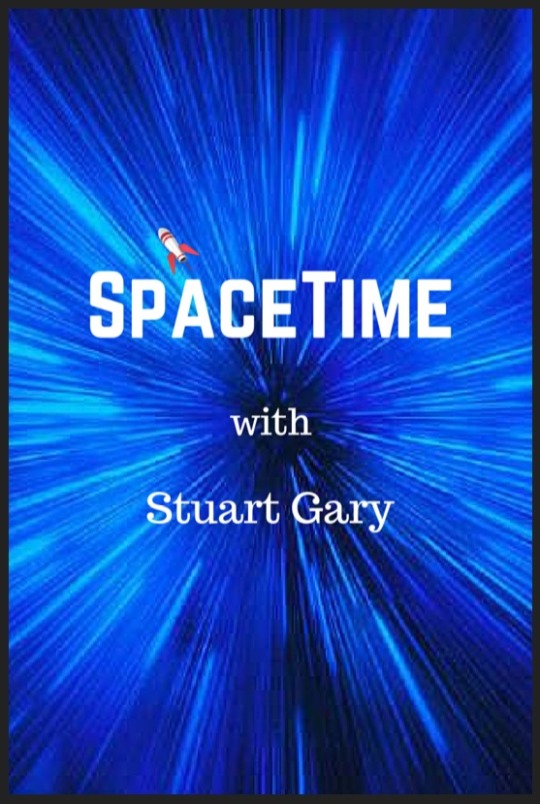
New SpaceTime out Monday....
SpaceTime 20240408 Series 27 Episode 43
Discovery of the faintest known star system orbiting the Milky Way
Astronomers have detected an ancient star system traveling around our Milky Way galaxy which has set a new record as the faintest and lowest-mass satellite galaxy ever discovered.
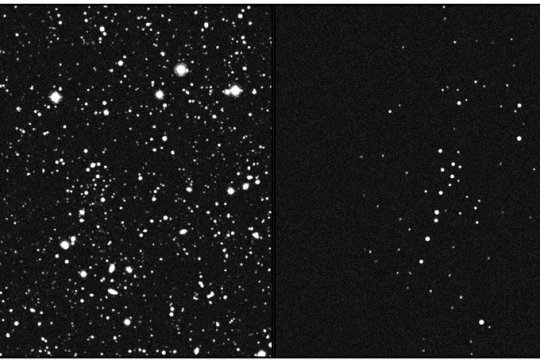
Bowen Orbital Spaceport open for business
Australia’s first privately operated orbital launch facility has been formally opened at Abbot Point near Bowen on the Queensland tropical Pacific coast. The complex is expected to undertake its first launch next month with a Gilmour Space Eris rocket to fly on its maiden flight.

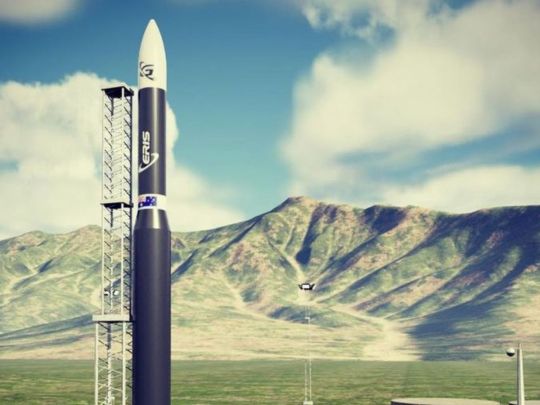
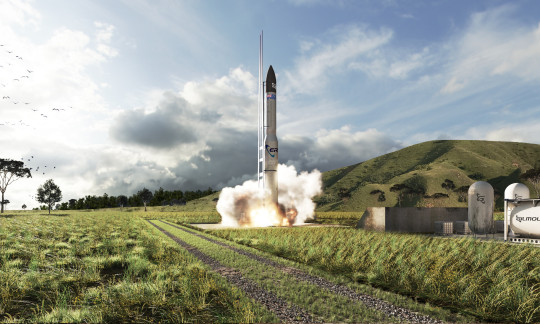


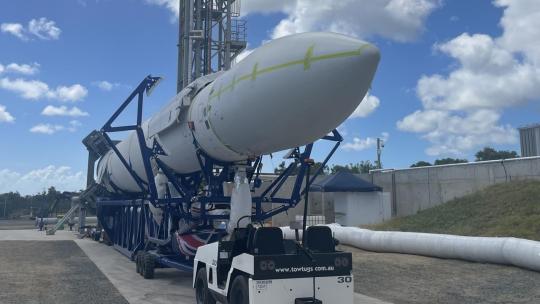

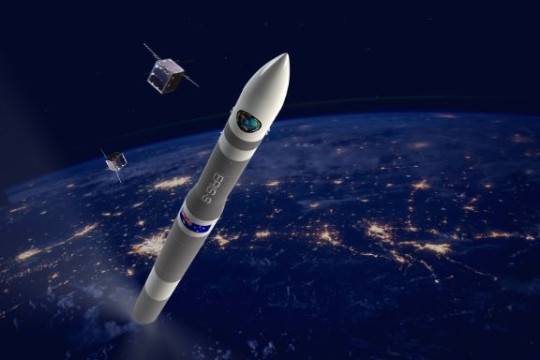

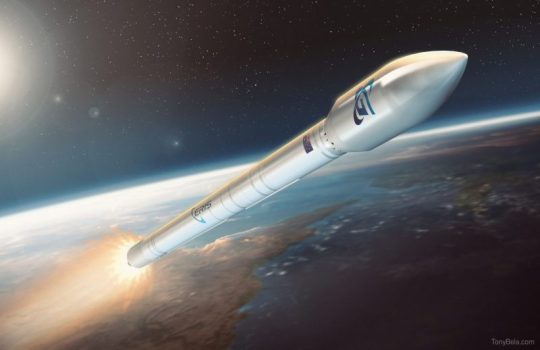

Southern launch getting ready for its next test flight
Southern Launch says its Koonibba Test Range on South Australia’s Eyre peninsula is almost ready for its next test launch in just a matter of weeks.
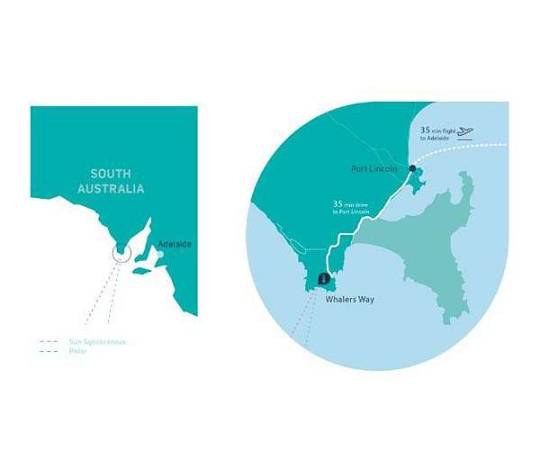
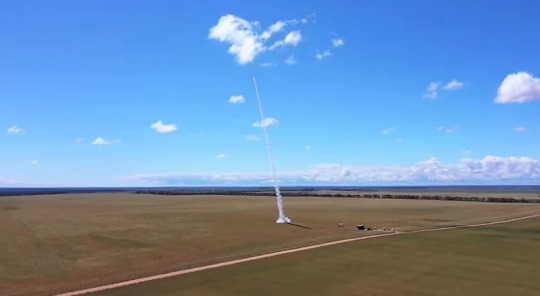
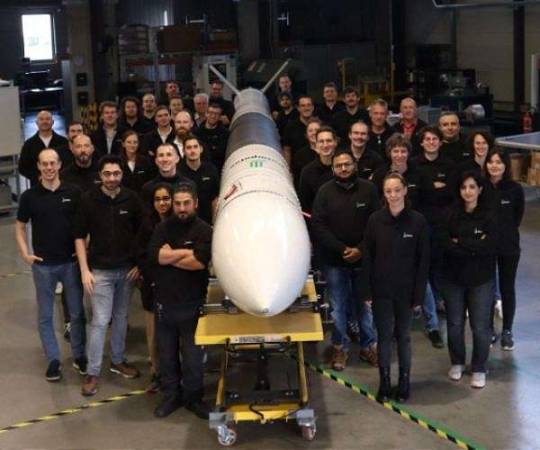
The Science Report
Warnings that Australia could soon see megadroughts lasting over twenty years.
Discovery of a strong link between Alzheimer's and the daily consumption of meat and processed foods.
A new study claims the earliest dinosaurs experienced rapid growth rates.
Skeptics guide belief in psychic powers
SpaceTime covers the latest news in astronomy & space sciences.
The show is available every Monday, Wednesday and Friday through Apple Podcasts (itunes), Stitcher, Google Podcast, Pocketcasts, SoundCloud, Bitez.com, YouTube, your favourite podcast download provider, and from www.spacetimewithstuartgary.com
SpaceTime is also broadcast through the National Science Foundation on Science Zone Radio and on both i-heart Radio and Tune-In Radio.
SpaceTime daily news blog: http://spacetimewithstuartgary.tumblr.com/
SpaceTime facebook: www.facebook.com/spacetimewithstuartgary
SpaceTime Instagram @spacetimewithstuartgary
SpaceTime twitter feed @stuartgary
SpaceTime YouTube: @SpaceTimewithStuartGary
SpaceTime -- A brief history
SpaceTime is Australia’s most popular and respected astronomy and space science news program – averaging over two million downloads every year. We’re also number five in the United States. The show reports on the latest stories and discoveries making news in astronomy, space flight, and science. SpaceTime features weekly interviews with leading Australian scientists about their research. The show began life in 1995 as ‘StarStuff’ on the Australian Broadcasting Corporation’s (ABC) NewsRadio network. Award winning investigative reporter Stuart Gary created the program during more than fifteen years as NewsRadio’s evening anchor and Science Editor. Gary’s always loved science. He studied astronomy at university and was invited to undertake a PHD in astrophysics, but instead focused on his career in journalism and radio broadcasting. He worked as an announcer and music DJ in commercial radio, before becoming a journalist and eventually joining ABC News and Current Affairs. Later, Gary became part of the team that set up ABC NewsRadio and was one of its first presenters. When asked to put his science background to use, Gary developed StarStuff which he wrote, produced and hosted, consistently achieving 9 per cent of the national Australian radio audience based on the ABC’s Nielsen ratings survey figures for the five major Australian metro markets: Sydney, Melbourne, Brisbane, Adelaide, and Perth. The StarStuff podcast was published on line by ABC Science -- achieving over 1.3 million downloads annually. However, after some 20 years, the show finally wrapped up in December 2015 following ABC funding cuts, and a redirection of available finances to increase sports and horse racing coverage. Rather than continue with the ABC, Gary resigned so that he could keep the show going independently. StarStuff was rebranded as “SpaceTime”, with the first episode being broadcast in February 2016. Over the years, SpaceTime has grown, more than doubling its former ABC audience numbers and expanding to include new segments such as the Science Report -- which provides a wrap of general science news, weekly skeptical science features, special reports looking at the latest computer and technology news, and Skywatch – which provides a monthly guide to the night skies. The show is published three times weekly (every Monday, Wednesday and Friday) and available from the United States National Science Foundation on Science Zone Radio, and through both i-heart Radio and Tune-In Radio.
#science#space#astronomy#physics#news#nasa#esa#astrophysics#spacetimewithstuartgary#starstuff#spacetime#galaxy#nasa photos#jwst
14 notes
·
View notes
Text
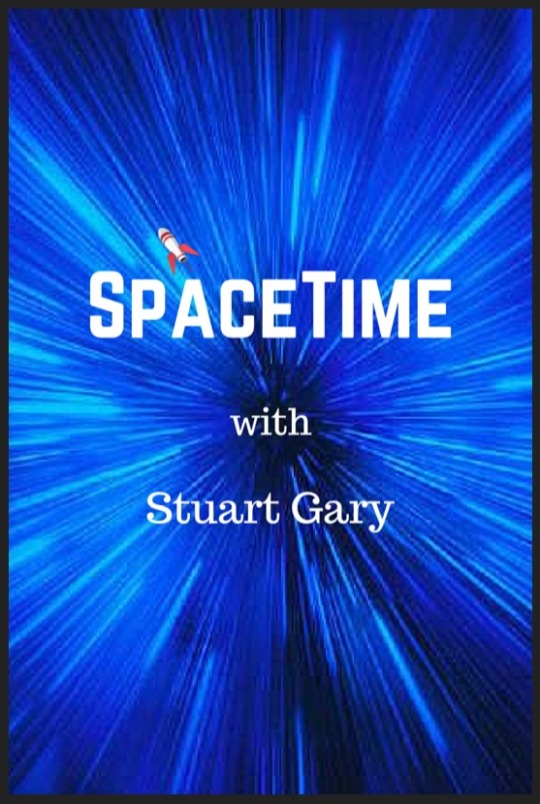
New SpaceTime out Wednesday....
SpaceTime 20240424 Series 27 Episode 50
NASA confirms its Dragonfly rotorcraft mission to Saturn's moon Titan
NASA has confirmed that it will send a rotocopter mission to the organic-rich Saturnian world of Titan.


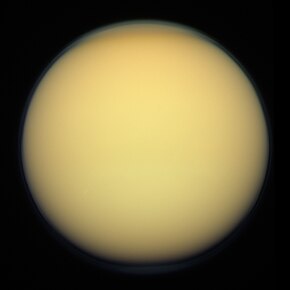
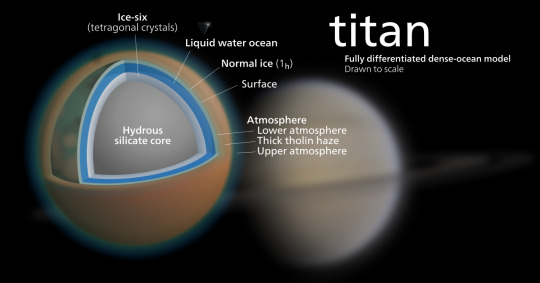

NASA say good bye for now to their Mars Ingenuity Helicopter
NASA scientists have said good bye for now to their intrepid little Mars Ingenuity Helicopter which was grounded in January following rotor damage while flying over the Red planet’s Jezero Crater.


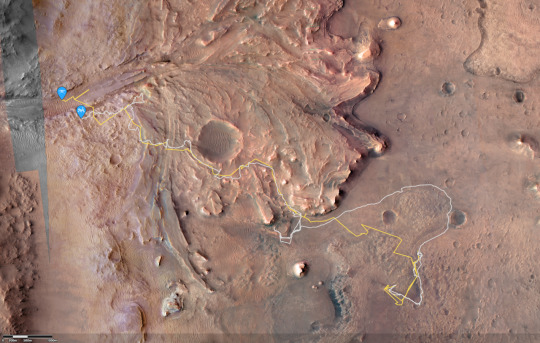
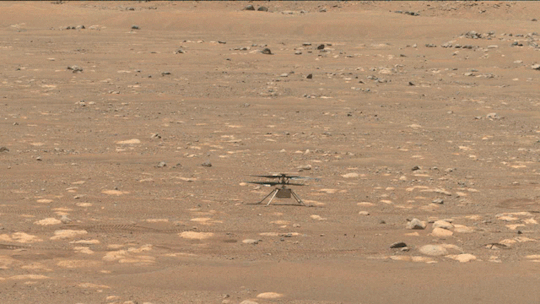

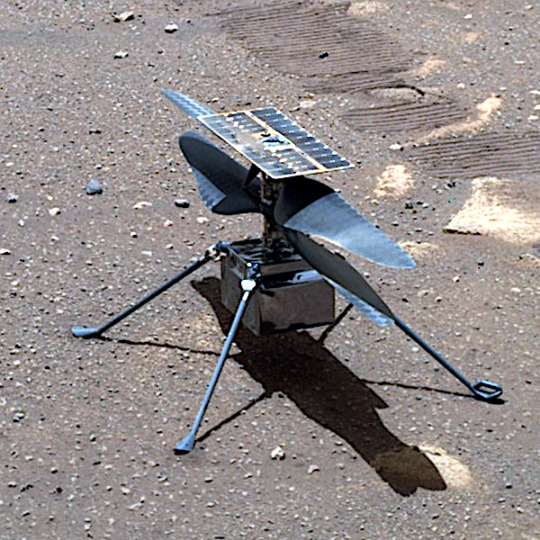

South Korea launches a new spy satellite
South Korea has launched its second domestically made spy satellite into orbit

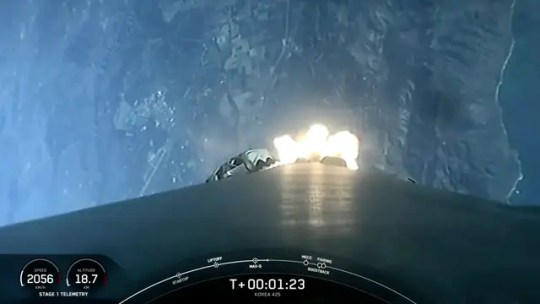
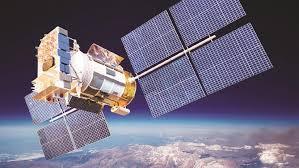
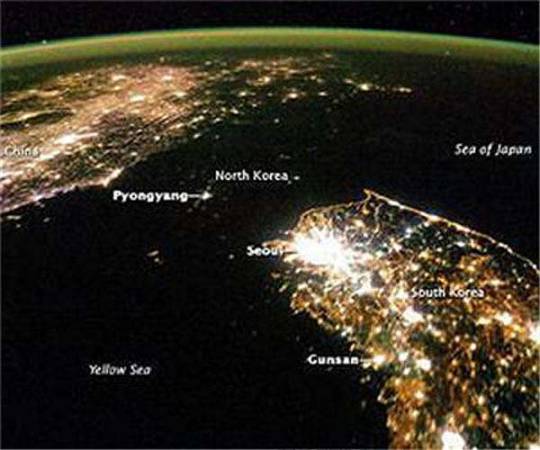
The Science Report
The Great Barrier Reef now going through a fifth bleaching event due to climate change.


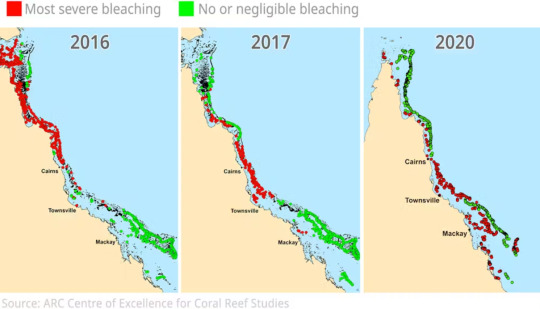
Palaeontologists have described three unusual new species of giant fossil kangaroo.
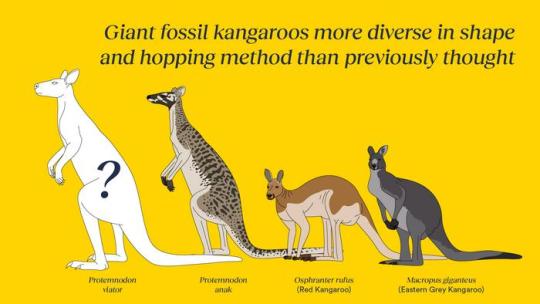
The first ever ‘World Cybercrime Index,
Alex on Tech AMD rolls out its new AI-enhanced chips
SpaceTime covers the latest news in astronomy & space sciences.
The show is available every Monday, Wednesday and Friday through Apple Podcasts (itunes), Stitcher, Google Podcast, Pocketcasts, SoundCloud, Bitez.com, YouTube, your favourite podcast download provider, and from www.spacetimewithstuartgary.com
SpaceTime is also broadcast through the National Science Foundation on Science Zone Radio and on both i-heart Radio and Tune-In Radio.
SpaceTime daily news blog: http://spacetimewithstuartgary.tumblr.com/
SpaceTime facebook: www.facebook.com/spacetimewithstuartgary
SpaceTime Instagram @spacetimewithstuartgary
SpaceTime twitter feed @stuartgary
SpaceTime YouTube: @SpaceTimewithStuartGary
SpaceTime -- A brief history
SpaceTime is Australia’s most popular and respected astronomy and space science news program – averaging over two million downloads every year. We’re also number five in the United States. The show reports on the latest stories and discoveries making news in astronomy, space flight, and science. SpaceTime features weekly interviews with leading Australian scientists about their research. The show began life in 1995 as ‘StarStuff’ on the Australian Broadcasting Corporation’s (ABC) NewsRadio network. Award winning investigative reporter Stuart Gary created the program during more than fifteen years as NewsRadio’s evening anchor and Science Editor. Gary’s always loved science. He studied astronomy at university and was invited to undertake a PHD in astrophysics, but instead focused on his career in journalism and radio broadcasting. He worked as an announcer and music DJ in commercial radio, before becoming a journalist and eventually joining ABC News and Current Affairs. Later, Gary became part of the team that set up ABC NewsRadio and was one of its first presenters. When asked to put his science background to use, Gary developed StarStuff which he wrote, produced and hosted, consistently achieving 9 per cent of the national Australian radio audience based on the ABC’s Nielsen ratings survey figures for the five major Australian metro markets: Sydney, Melbourne, Brisbane, Adelaide, and Perth. The StarStuff podcast was published on line by ABC Science -- achieving over 1.3 million downloads annually. However, after some 20 years, the show finally wrapped up in December 2015 following ABC funding cuts, and a redirection of available finances to increase sports and horse racing coverage. Rather than continue with the ABC, Gary resigned so that he could keep the show going independently. StarStuff was rebranded as “SpaceTime”, with the first episode being broadcast in February 2016. Over the years, SpaceTime has grown, more than doubling its former ABC audience numbers and expanding to include new segments such as the Science Report -- which provides a wrap of general science news, weekly skeptical science features, special reports looking at the latest computer and technology news, and Skywatch – which provides a monthly guide to the night skies. The show is published three times weekly (every Monday, Wednesday and Friday) and available from the United States National Science Foundation on Science Zone Radio, and through both i-heart Radio and Tune-In Radio.
#science#space#astronomy#physics#news#nasa#esa#astrophysics#spacetimewithstuartgary#starstuff#spacetime#nasa photos#jwst#hubble space telescope
13 notes
·
View notes
Text

New SpaceTime out Friday....
SpaceTime 20231020 Series 26 Episode 126
Plot thickens in hunt for ninth planet
A pair of theoretical physicists are reporting that the same observations inspiring the hunt for a ninth planet at the outer edge of the solar system might instead be evidence of a modified law of gravity originally developed to understand the rotation of galaxies.
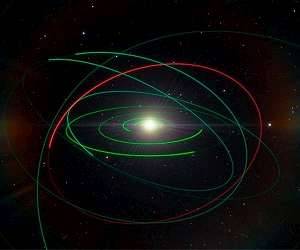

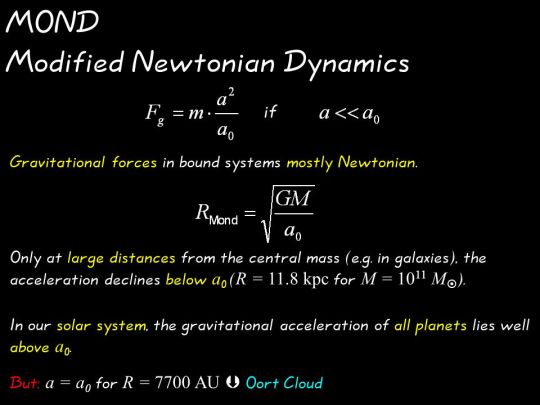

New clues on planetary formation
Astronomers have discovered the youngest hot Jupiter ever seen.
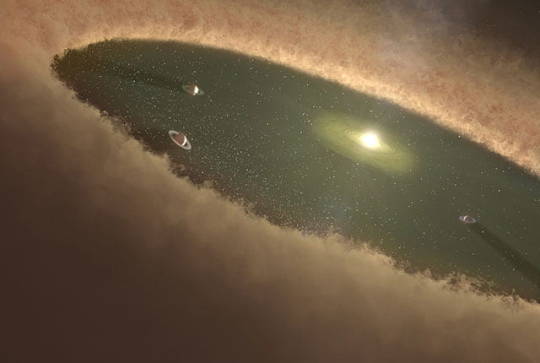
New insights into the atmosphere and star of an exoplanet
Astronomers have failed to find any signs of an atmosphere around the Earth like exoplanet TRAPPIST-1b

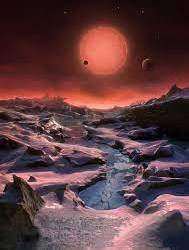
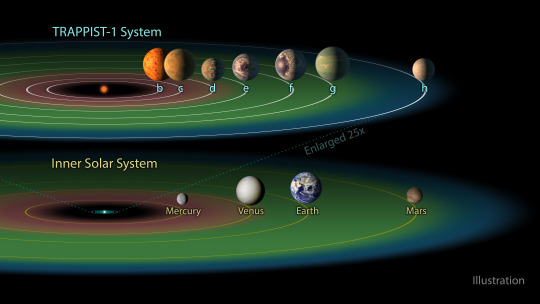
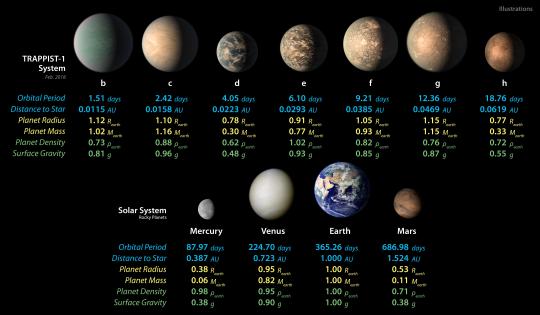
The Science Report
Koala populations decimated by bushfires in recent years.
Study shows 40% of amphibian species around the world are currently under threat.
Scientists have now discovered around 125 mammal species that glow under Ultra Violet light.
Skeptics guide to riding the Sasquatch express

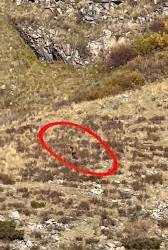
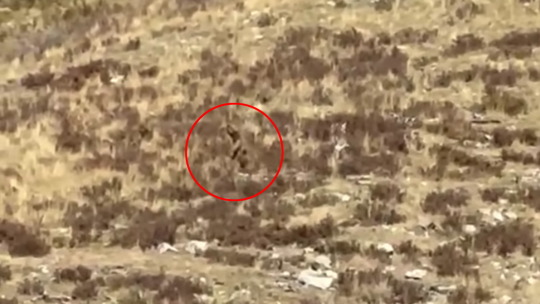
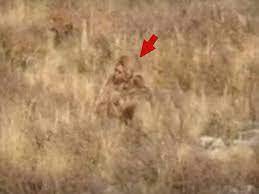

SpaceTime covers the latest news in astronomy & space sciences.
The show is available every Monday, Wednesday and Friday through Apple Podcasts (itunes), Stitcher, Google Podcast, Pocketcasts, SoundCloud, Bitez.com, YouTube, your favourite podcast download provider, and from www.spacetimewithstuartgary.com
SpaceTime is also broadcast through the National Science Foundation on Science Zone Radio and on both i-heart Radio and Tune-In Radio.
SpaceTime daily news blog: http://spacetimewithstuartgary.tumblr.com/
SpaceTime facebook: www.facebook.com/spacetimewithstuartgary
SpaceTime Instagram @spacetimewithstuartgary
SpaceTime twitter feed @stuartgary
SpaceTime YouTube: @SpaceTimewithStuartGary
SpaceTime -- A brief history
SpaceTime is Australia’s most popular and respected astronomy and space science news program – averaging over two million downloads every year. We’re also number five in the United States. The show reports on the latest stories and discoveries making news in astronomy, space flight, and science. SpaceTime features weekly interviews with leading Australian scientists about their research. The show began life in 1995 as ‘StarStuff’ on the Australian Broadcasting Corporation’s (ABC) NewsRadio network. Award winning investigative reporter Stuart Gary created the program during more than fifteen years as NewsRadio’s evening anchor and Science Editor. Gary’s always loved science. He studied astronomy at university and was invited to undertake a PHD in astrophysics, but instead focused on his career in journalism and radio broadcasting. He worked as an announcer and music DJ in commercial radio, before becoming a journalist and eventually joining ABC News and Current Affairs. Later, Gary became part of the team that set up ABC NewsRadio and was one of its first presenters. When asked to put his science background to use, Gary developed StarStuff which he wrote, produced and hosted, consistently achieving 9 per cent of the national Australian radio audience based on the ABC’s Nielsen ratings survey figures for the five major Australian metro markets: Sydney, Melbourne, Brisbane, Adelaide, and Perth. The StarStuff podcast was published on line by ABC Science -- achieving over 1.3 million downloads annually. However, after some 20 years, the show finally wrapped up in December 2015 following ABC funding cuts, and a redirection of available finances to increase sports and horse racing coverage. Rather than continue with the ABC, Gary resigned so that he could keep the show going independently. StarStuff was rebranded as “SpaceTime”, with the first episode being broadcast in February 2016. Over the years, SpaceTime has grown, more than doubling its former ABC audience numbers and expanding to include new segments such as the Science Report -- which provides a wrap of general science news, weekly skeptical science features, special reports looking at the latest computer and technology news, and Skywatch – which provides a monthly guide to the night skies. The show is published three times weekly (every Monday, Wednesday and Friday) and available from the United States National Science Foundation on Science Zone Radio, and through both i-heart Radio and Tune-In Radio.
#science#space#astronomy#physics#news#nasa#esa#astrophysics#spacetimewithstuartgary#starstuff#spacetime
27 notes
·
View notes
Text

New SpaceTime out Monday....
SpaceTime 20240129 Series 27 Episode 13
NASA shuts down its Mars Ingenuity Helicopter Mission
NASA has been forced to end its history-making Mars Ingenuity Helicopter mission on the Red planet.


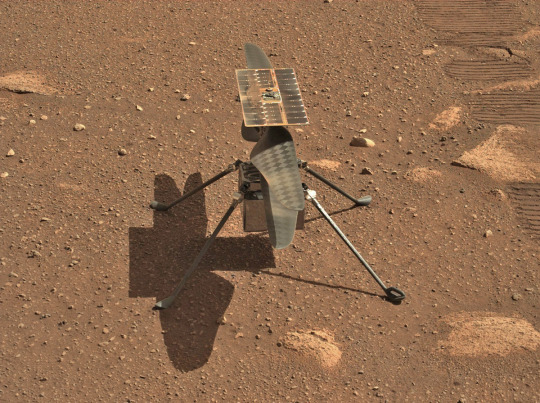
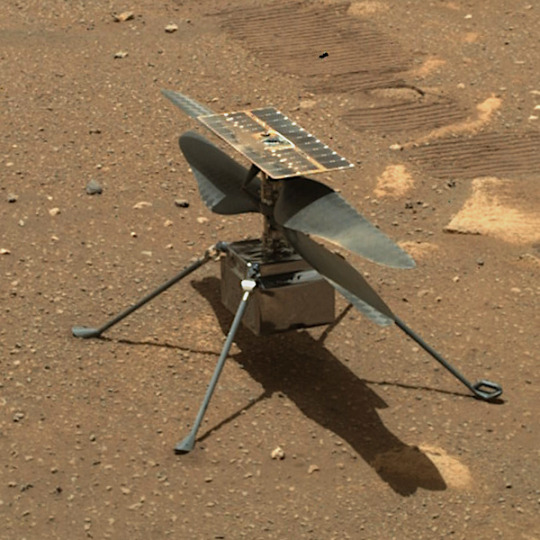


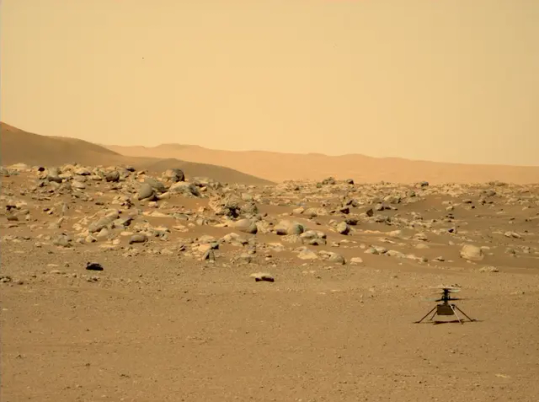
The mystery monster in an ancient globular cluster
Astronomers may have detected a monster in the heart of 47 Tucanae one of the most famous globular star clusters in the sky.
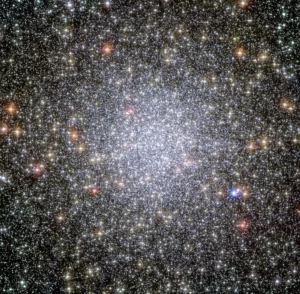
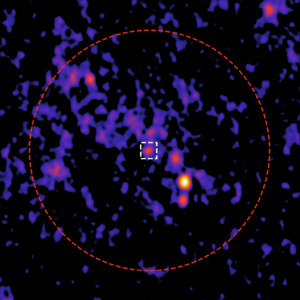
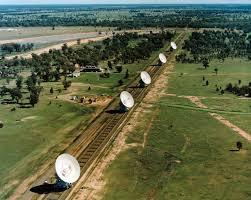
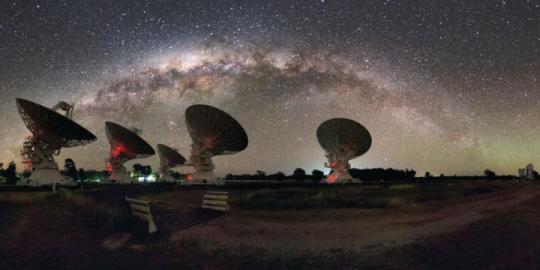

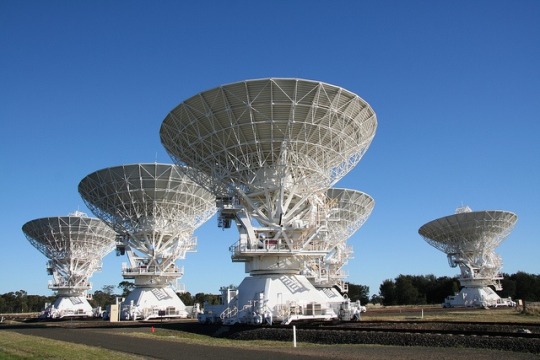
Could diamonds drive Neptune and Uranus' magnetic fields
A new study suggests that diamond rain in the dense atmospheres of the ice giants Uranus and Neptune could drive these distant worlds magnetic fields.

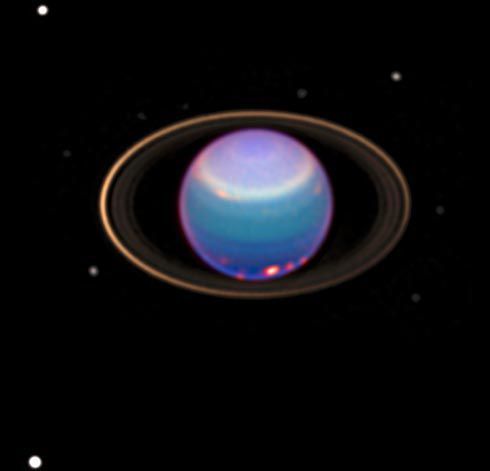


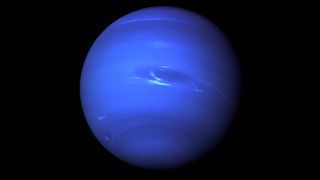
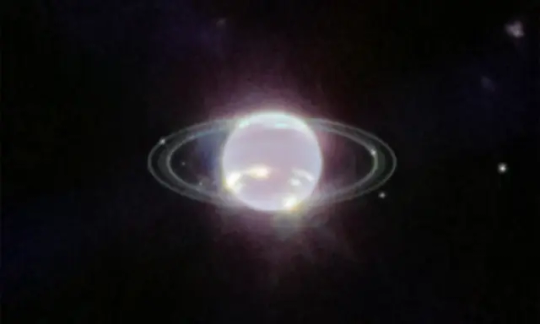
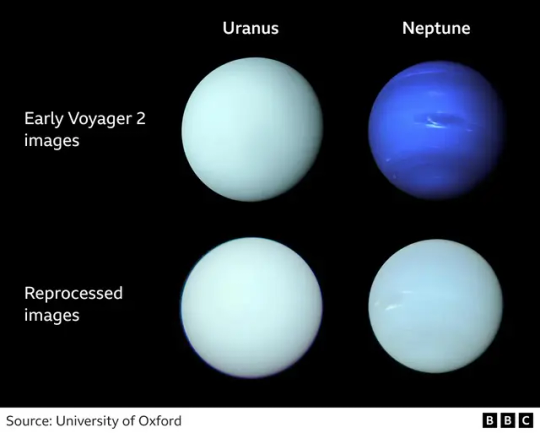
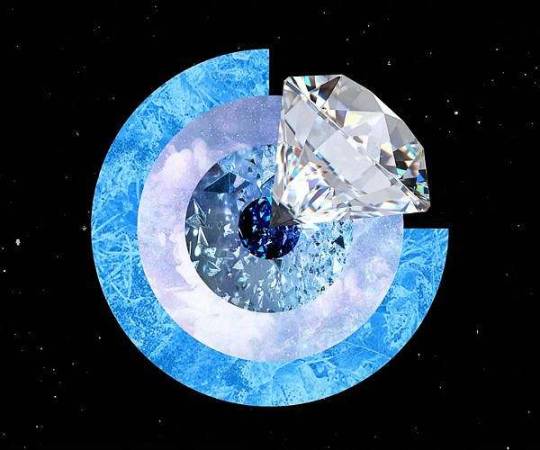
The Science Report
The link between climate change and human life span quantified.
NASA’s new experimental supersonic aircraft specifically designed not to generate a sonic boom.
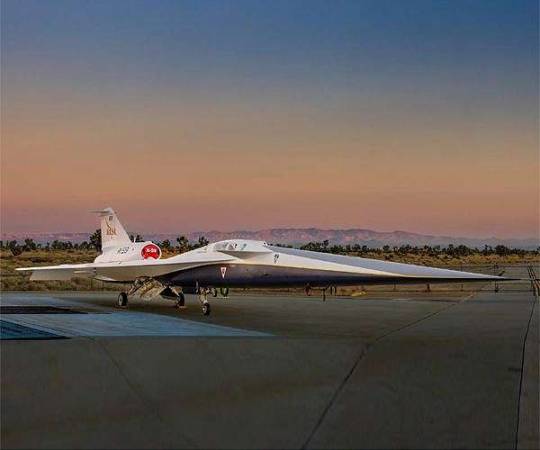
A new study has confirmed that most dogs love watching TV.
Skeptics guide a paranormal presence in your home
SpaceTime covers the latest news in astronomy & space sciences.
The show is available every Monday, Wednesday and Friday through Apple Podcasts (itunes), Stitcher, Google Podcast, Pocketcasts, SoundCloud, Bitez.com, YouTube, your favourite podcast download provider, and from www.spacetimewithstuartgary.com
SpaceTime is also broadcast through the National Science Foundation on Science Zone Radio and on both i-heart Radio and Tune-In Radio.
SpaceTime daily news blog: http://spacetimewithstuartgary.tumblr.com/
SpaceTime facebook: www.facebook.com/spacetimewithstuartgary
SpaceTime Instagram @spacetimewithstuartgary
SpaceTime twitter feed @stuartgary
SpaceTime YouTube: @SpaceTimewithStuartGary
SpaceTime -- A brief history
SpaceTime is Australia’s most popular and respected astronomy and space science news program – averaging over two million downloads every year. We’re also number five in the United States. The show reports on the latest stories and discoveries making news in astronomy, space flight, and science. SpaceTime features weekly interviews with leading Australian scientists about their research. The show began life in 1995 as ‘StarStuff’ on the Australian Broadcasting Corporation’s (ABC) NewsRadio network. Award winning investigative reporter Stuart Gary created the program during more than fifteen years as NewsRadio’s evening anchor and Science Editor. Gary’s always loved science. He studied astronomy at university and was invited to undertake a PHD in astrophysics, but instead focused on his career in journalism and radio broadcasting. He worked as an announcer and music DJ in commercial radio, before becoming a journalist and eventually joining ABC News and Current Affairs. Later, Gary became part of the team that set up ABC NewsRadio and was one of its first presenters. When asked to put his science background to use, Gary developed StarStuff which he wrote, produced and hosted, consistently achieving 9 per cent of the national Australian radio audience based on the ABC’s Nielsen ratings survey figures for the five major Australian metro markets: Sydney, Melbourne, Brisbane, Adelaide, and Perth. The StarStuff podcast was published on line by ABC Science -- achieving over 1.3 million downloads annually. However, after some 20 years, the show finally wrapped up in December 2015 following ABC funding cuts, and a redirection of available finances to increase sports and horse racing coverage. Rather than continue with the ABC, Gary resigned so that he could keep the show going independently. StarStuff was rebranded as “SpaceTime”, with the first episode being broadcast in February 2016. Over the years, SpaceTime has grown, more than doubling its former ABC audience numbers and expanding to include new segments such as the Science Report -- which provides a wrap of general science news, weekly skeptical science features, special reports looking at the latest computer and technology news, and Skywatch – which provides a monthly guide to the night skies. The show is published three times weekly (every Monday, Wednesday and Friday) and available from the United States National Science Foundation on Science Zone Radio, and through both i-heart Radio and Tune-In Radio.
#science#space#astronomy#physics#news#nasa#esa#astrophysics#spacetimewithstuartgary#starstuff#spacetime
17 notes
·
View notes